|
4/11/2022 0 Comments NEWNESSnew /njuː/ adjective
There’s something about new possessions, places, phases in life and even people. We could be subject to some uncertainty, nervousness and unfamiliarity, maybe even excitement and curiosity, or all of the above. Then there's the possible inertia, comfort or grief of leaving the 'old'. Life is full of change, so how could we navigate and accept how we feel about the transition from 'old' to 'new'? POSSESIONSWhen I replace something I have, I often feel like there’s an adjustment period of getting used to the newness, differences, benefits, some inconveniences or flaws... and sometimes comparison between the old and new. For example, my first car. Nothing can replace the fact that it's my first, even if the new one gives a smoother ride, has better fuel consumption, fewer breakdowns, looks better, I will always have a place in my heart for my first one. But over time, once I got used to my new one, I started to like it too (differently). Whether I needed to replace my car, is a different question as the answer is probably: No. I probably don't even need a car, but it does make my life a bit easier and more comfortable. With more regular objects, such as electronics, clothing, shoes and even children's toys, I'm pretty sure that in most of our households we are subject to urges to get "a new one". A new toy, new T-shirt, new shoes or the latest iPhone 2000. And there's always loyalty schemes or platforms like Amazon for all the things we genuinely need and the things we think we need. With the increasing concerns over the impact of consumerism on the environment, we hear more about the piles of unwanted plastic and clothes found on the shores, with the World Bank linking the apparel and textile industry as a main case of water pollution and potential cause for the microplastics found in the aquaculture, some of which a lot of us consume and hence have in our own bodies (Forbes.com). Therefore, there is a balance that needs to be made between replacing old things and getting new ones. I do hope that over time we all think a bit more about our individual decisions to obtain new things and how we feel about them before we buy them, to try and minimise waste and of course, the guilt or regret. Or can we try to be more content with what we already have? travelWhen we travel to new places, we could be faced with trying to understand and learn new words in new languages, differences in how people speak, behave, eat and drink or party. We can become open to learning and opening our minds to new cultures, religions and even how the landscapes of different parts of the world vary, from the canyons in Colca Canyon in Peru to the Kalahari Desert in Africa, to the Himalayas in Asia. We are also exposed to learning about the history of these new places and how things were in the olden days, what people of the countries went through to appreciate how they have evolved. PEOPLEThere’s often excitement when you meet new people with whom you have things in common with or had really interesting conversations or fun experiences with. Whether those new connections and relationships are formed and sustained is one thing, but they're probably not comparable with our good old friends. My ‘old friends’ (not by age) make me feel like I’m at home, I am very much my authentic self around them, and I don't need to explain myself as often. Sometimes we don’t even need to talk, and we communicate! Having said that, I think it's healthy to keep an open mind to meeting new people, but also appreciate and make time for our old ones. If and when we choose to enter a new romantic relationship we could feel hope, excitement, joy or even confusion, doubt, comparison with others. While we learn about this new person, we try to understand who they are, how we feel about them - while they do the same, and over time we realise how compatible we are with them (or not). There's also an adjustment period of getting used to the newness, differences and commonalities. Maybe your first love (if applicable) or the "love of your life" from the past has left an impression on you for a while, or for a long time, or you had forgotten about them completely until you read this. While reflecting on an old flame can remind us of what we have learnt, we should try not to dwell in the past. The more we can focus on the present, the more we can learn about the people in our lives now, based on who we are today. And if your first love is your current love today, that’s great. But if not, you probably learnt a thing or two about yourself. Unlike possessions, we can't buy and sell relationships (well, not the good ones at least). We could build relationships over time, with hope, honesty, trust, respect, shared experiences and mutual goals. Old and new relationships don't need to be mutually exclusive... in most cases! JOBSFinding a new job can be daunting but also exciting if it's the right role for us, and if we understand what the job could entail. As a graduate, my key motivator to look for a job was: to have a job and get paid. However, finding a new job and changing roles after some time in our careers could be a big deal as we may feel like we have more at stake, especially if we’ve spent time and effort building connections, networks, credibility, friends… so the decision can be one that requires regular review and a “CBA” (cost benefit analysis). If we have a job that makes us unhappy or not challenged professionally for a long period of time, the thought of a new job could be appealing. Whereas, if and when we are comfortable in our current jobs, we could periodically check-in with ourselves to see if the current job fulfils us versus the potential benefits of a new one, depending on the job market and how we are meeting the needs of other aspects of our lives. While there may be familiarity in the current job, there may be new and exciting opportunities in a new one. It's certainly not a decision to make in haste. If you work for any entity at the moment, in a previous article about 'work-life' balance, I highlighted some key areas to check-in on your current levels of satisfaction in your job:
And if these seem like too much work, maybe we just need to go with our gut feel to stick with the 'old' and known or look into the 'new' and unfamiliar, but possibly exciting. our bodiesOn Channel 4 there's a show called 'Naked Attraction' which at first, made my jaw drop while mindlessly changing the TV channels. But when I thought about it, there was something liberating about the show. For those not familiar, it's a dating show where one person gets to see others in their 'birthday suits', one section at a time, bottom up. Irrespective of whether that's an effective way to find love, I thought it's a brilliant way to illustrate how different people's bodies are, with age, race, gender, genetics, personal choices on tattoos, grooming, piercing etc. Everyone is so unique and the brave souls going on this show are embracing it. I also enjoy watching the show 'Botched' - where some people want a new nose, new implants, new lips... or a whole new body. Whereas their existing bodies were often perfectly functional, and probably healthier. Obviously, some people need professional help to fix physical conditions that are affecting their lives more negatively, which is understandable, but evidently everyone has a different classification of needs. With the more frequent aches and pains in my back, shoulders, knees, hips even in my mid-thirties, I find myself increasingly grateful for when I am able to be mobile and do things I enjoy, such as: going for a nice walk, swim or cycle, or just be able to move around without constraints. If we keep thinking of what we lack in our bodies, instead of what we are blessed to have, we could find ourselves feeling more fulfilled, grateful, confident and prepared for the transitions our bodies naturally make as we grow older... and hopefully embrace them through childhood, adolescence and adulthood. LIFE PHASESWhen we go through different phases of life, from birth to death to gains to losses, relocation or changes in responsibilities, we could reflect on how we have grown from who and how we were before and what the transitions to new phases could have taught us. I remember whenever I joined a new school (which was quite frequent, as we moved around a lot due to my father's job), I had to face unfamiliarity, a level of nervousness and not knowing if I would make friends, if my classmates and teachers would like me, would I "fit in"? I still have a sudden flashback to that feeling, a pang of anxiety, when I go to a large social event where I don't know many people, or a new job, or join a tour with a group of strangers when travelling. Despite the initial discomfort, I found it useful to allow myself to accept my feelings and fears and slowly ease myself into conversations, without forcing anything. Adapting to new people has been something I learnt from these situations and phases. Going back to relationships, those who go into relationships or come out of one, most often go into facing changes in routine, priorities, social plans. People who become parents or even get a new pet could face similar challenges on top of added responsibilities and even limitations to what they used to be able to do before then, such as get enough sleep! People who have retired, could wonder what to do with their extra time and find new projects or finally think about spending time doing things they love and spend their savings and pension money on. No matter what phase we go into, if we could try to look at our old phases as 'lessons' or steppingstones to where we are or will be, we could accept the old and the new versions of us on a more regular basis. conclusionsI hope we can look at the old and new versions of many aspects in our lives with an open mind, have gratitude for what we had and have, try to be adaptable and keep learning.
We can learn from both the old and the new, no matter what or whom that applies to.
0 Comments
16/6/2021 0 Comments DISTANCEdistance /ˈdɪst(ə)ns/ noun
According to data scientists, the most common form of ‘distance’ and the one we mostly refer to is called ‘Euclidean distance’ which is one of nine types of distance measures. However, in mathematics, distance measures the actual ground covered, whereas a straight line from the starting point (origin) to the end point and also the shortest distance between two points is called ‘Displacement’. That’s the boring part covered and I very much doubt you will use the word 'displacement' in your next conversation, so I would like to share what I think about the implications of distance. I have had plenty of time over the last year and half to think and periodically, consider the meaning of this particular word. 'Social distancing' became a frequently used term last year, to keep a safe space between yourself and other people who are not from your household, as a prevention measure to help stop spreading diseases such as Covid-19. Many of us around the world would have experienced being in the same city or neighbourhood as loved ones, yet not being able to see them, hug them or be around them. Hugging or being close to loved ones would have come naturally to many of us, yet we had to think of the greater good and sometimes wave from outside our homes instead. Even the thought of a five minute walk to the supermarket felt like the equivalent of a fifty minute walk, purely because of the burden my mind would carry about other factors like coming across other people, not contracting the virus from somewhere, etc. which are all beyond the actual physical distance in question. The emotional burden was real. COMMUNICATIONThis brings me to the topic of distance (literally and metaphorically) between family, our loved ones and generally people we would “miss” if they weren’t around. My brother, sister in law and nephews are in another continent, so we get to speak on video calls on most weekends, so the physical distance in that respect doesn’t feel as much of a burden. However, when I thought about this, there are other aspects that matter beyond what we say to each other. The odd hug, watching my nephews do random things on repeat, playing with the same toys on repeat (I don’t miss this part too much), noticing when anyone is particularly happy or sad or tired, caring about them, having the option to ask them about a fleeting question that popped into your mind, like whether owls can cross their feet or why Marmite even exists. I know these things are not essential to maintain relationships, but it’s the equivalent of icing on a cupcake. When separated by a significant physical distance, a video call is great in the absence of nothing, and I guess 20 years ago and before that people just wrote letters to each other or spoke on the phone. And before 1880s when the telephone was around maybe there was more assumptions that loved ones are doing okay. Maybe they communicated through letters, messengers, pigeons or perhaps even telepathy to feel “close” to their loved ones. So my point about reducing the impact of physical distance on a social level, has come down to communication and different levels and forms of it. EMOTIONAL DISTANCEOn the other side of the coin, what if you’re right next to someone in terms of physical distance between the two of you, but you feel miles apart emotionally? Emotional distance is where there is a lack of shared emotions between two people. An emotional bond unites us to other people, allowing us to offer them our attention and understanding and vice versa. Whether it is with a family member, a coworker, a friend, or a partner, our emotional bonds tend to go through different stages, and it’s inevitable that you’ll sometimes be less present in the relationship under some situations. There have been times when I realised that I felt less lonely when I was on my own, than when I was with a particular person. This is when I learnt that physical proximity does not always result in feeling close to someone emotionally. Since then, my personal motto has been that if I ever feel completely isolated or lonely with someone around... run (or communicate how you're feeling to them... and then run if you have to). TRAVELI’m going to go all 'millennial' and caveat my following statements with how we should aim to find a fine balance between conquering big and small travel distances with more environmental friendly means of transport, especially when travelling for leisure. You can have a look at your own carbon footprint here on the WWF website. For instance to get to from London to Scotland is around 400 miles of physical distance. But in terms of travel distance and time:
After a year like 2020, many companies around the world are looking to replace a significant portion of the meetings with video calls, which would minimise business travel. The carbon footprint of flying via plane is probably the worst out of all of the alternatives, however when people are time-poor it’s a choice that needs to be made. Having said that, there still are questions over whether virtual meetings could ever replace real-life interactions made between colleagues, clients and other humans in general. It’s obviously (and hopefully in most cases) not about physical touch, but about seeing “real” reactions, body language, having informal discussions and more that are less evident virtually. The same could be applied for leisure travel and personal holidays. TIMEThis takes me back to my memories of those long bus journeys on my travels in South East Asia, between Thailand, Cambodia and Vietnam.
Every other day we would all hop on to the big tour bus and move on to another city or town, packing and unpacking. These long distances were covered with activities such as sleeping or staring out of the window, chatting, listening to music, drinking, playing UNO and so on. As long as we had access to some form of entertainment and/or good company, time “flew”. When we were hungover, feeling too hot or unwell, tired then the journey seemed endless. This is also something to consider when travelling solo or with others, whether you're more of an introvert or extrovert, how much time you like to yourself and when you start getting bored. As humans continue to innovate, creating more efficient ways to travel, communicate, teleport, or even using VR (virtual reality) glasses to give people real-life experiences through vision and sound (virtual holiday anyone?), the lines between time and distance are getting blurred by actual and virtual experiences and our human emotions. “Time is an illusion”, said Albert Einstein… but considering how we have evolved and continue to evolve, if we think about it, distance could also be an illusion. 11/10/2020 0 Comments MEA CULPAGuilt Noun. A feeling of having committed an offense, crime, violation, or wrong. In Latin, “culpa” means guilt. You may have heard the term “mea culpa” (my fault). Guilt can be an emotion that comes and goes, or stays based on when someone feels like they have (accurately or not) compromised their own standards of conduct. Guilt can give rise to a feeling which doesn’t always go away easily and is driven by our conscience. Austrian neurologist and founder of psychoanalysis, Sigmund Freud, described guilt as the result of a struggle between the ego and the superego. Superego is the internalisation of cultural or traditional rules often taught by our parents and the ego. RIGHT OR WRONGTo some extent it would be our elders, parents, mentors, teachers and eventually our own conscience that plant seeds of ‘good and bad’ and ‘right or wrong’ in our minds. We are taught a lot of things when we are young and while growing up. These concepts could be influenced by cultural, societal, generational, familial factors and more. As adults, our own interpretations of these teachings lead us to apply the learnings to our lives and decisions. It’s estimated that an average adult makes about 35,000 semi-conscious decisions every day (Source: UNCTV). Most of these (small decisions) will be based on automated responses by our subconscious, but some of the bigger decisions could require more thinking, weighing up of factors and perhaps having to tap into our belief systems, values, situation analysis, past experiences and more. Sometimes we make bad decisions, which by the way are retrospective, as I don’t think most of us do things when we think it’s a bad idea. When we’ve done something and the result is good: “well done for being brave”; if the result is bad: “why am I so stupid, what was I thinking?”. These may be a familiar chatter in our heads, with many of us having tendencies to find accountability for events, and if these are negative ones, feeling like blaming someone, something or even ourselves. FALSE GUILTWe must remember that although we are often advised to go with our ‘gut feel’ when making tough choices, our brains, hearts and guts can all make miscalculations. There’s something called ‘false guilt’ which is an idea that what you feel must be true. If you feel guilty, you must be guilty. Sometimes we feel guilt because we should have done something differently or not done something, but maybe in someone else’s eyes it wasn’t that bad or it was the right thing to do etc. It’s all very subjective. CONSEQUENCESSome of us can feel anxious when our feelings of guilt become overwhelming. Others could try to reduce their guilt by blaming others, or even sharing their guilt with people who have similar experiences to feel better. Those who have high levels of psychopathy lack a sense of guilt or moral reasoning for any damage they may have caused others and they could justify their actions. However such people are less likely to develop deep emotional connections with others. SHAME VS GUILTRuth Benedict, a cultural anthropologist described shame as the result of a violation of cultural or social values, often projected on someone by others. Guilt on the other hand is an internal creation when someone’s own morals are violated. Therefore shame comes from a negative perception from others and guilt comes from one’s own thoughts or actions. CONCLUSIONFeeling guilt is very normal and makes most of us more human.
Many of us have empathy for others and guilt often helps us make sure we don’t intentional wrong others. If we have done wrong to others or ourselves, it’s important to train our minds to forgive, to learn from the past and not to dwell on the guilt or let it grow. After all, we are imperfect and we make mistakes. 10/8/2020 0 Comments COMPROMISE
noun
verb
Most of us do not get everything we want. We have to adapt to situations, people, changing times, and more. But to what extent?
It comes back to the point of finding a balance between what is truly important to us and what options are available to us at a given point in time. We need to have some boundaries and non-negotiables that we remind ourselves about, in every situation, if we need to decide on whether we shall be compromising on something or not. TRAVELLING
I have travelled with strangers, with family and with friends and I can confirm there have been and will be plenty of moments of compromise for the sake of not ruining the mood of the holiday and even relationships.
Family Family holidays have been happening for us since I was two years old, so I have over three decades of experience in that field. We argue about things like where we want to eat, my dad making a big deal about the lack of service at a restaurant; my mum walking into a shop in a random city and not picking up her phone. I am pretty sure they have a list of things that I do which are annoying to them too. But we still bear with it, purely because it is familiar territory and they are our family. Friends Travelling with friends is very much a learning curve for all parties involved, even if you thought you knew each other very well. The main thing that I have learnt and would suggest when travelling with friends is that you communicate clearly from the start of the trip about what each of you want to do over the days or weeks, as well as during the trip. There will be times where you need to improvise, compromise, but you will need to remember what your boundaries are as well. Ideally, you do not want to go back home after the trip not having done or seen most of the things that you wanted to, or even blame anyone else for this. This could obviously affect your friendship. If there are misunderstandings, it is best to raise them then and clarify them on the spot or soon, or else it can get worse over time. Try to be calm, adapt and compromise a bit on things that are not that important and try to have a good time. Strangers Finally, travelling with strangers may involve an element of compromise, but hopefully not to the detriment of what you need to see and do on the trip. It is your trip. Although there will be times when you may need to do what the majority of the group wants to do, sometimes for personal safety and perhaps on other times because you do not want to spend a whole day on your own. I have had days during organised tours when I needed a break from everyone. The same people that I had spent the last week or so with, was starting to annoy me. This could just be me and my occasional anti-social streak, but I do think a bit of time and space never hurt anyone, once in a while. So on one of the days in Ho Chi Minh City (a.k.a. Saigon), Vietnam, I excused myself from the travel group and hopped onto a Cyclo, which is a one person rickshaw (imagine a wheelbarrow with a cycle at the back) and saw a bit of the city myself. It was a lot of fun and in the evening I caught up with the rest of the travel group. I was very pleased to see them and hear about their day too! You can read my article on what to consider when travelling solo or in organised tours. No one is perfect. Remember to apologise and forgive and raise things that are not working during the trip, even if it is uncomfortable. If you do not do these things and let these build up in your head, things may be blown out of proportion.
STANDARDS
I could be sat in front of my laptop wondering whether I should compromise on the star ratings of the next hotel I book (for whenever my next holiday may be...) while someone somewhere is wondering if they should use money to have a meal or to repair their only pair of shoes.
People in many parts of the world still do not have basic needs or choice on things like education, consent for marriage, independence. They may have many more limitations when it comes to the types of jobs they could apply for and even be considered for, followed by being able to survive at them with the lack of acceptance in certain cultures around the world. Such people have to compromise on many things on a daily basis than most of us have to. Some people can not afford childcare, so they may have to choose between bringing up their children and a job. The reason I have brought this up is that, before we look at our compromises, based on our personal standards with magnifying glasses, we could all try to remember how fortunate we are to even have a choice. Having said that, having standards, boundaries and non-negotiables are also important for us, in order to have an element of control in our lives. Some may have overtly high standards for themselves and can come across as egoistic, proud, picky or even snobby. In many cases this could be true, especially when these individuals impose their views and standards upon the rest, without considering their personal situations, beliefs or preferences. Others may be very easy-going, to the point of forgoing many of their own desires, perhaps too often than is necessary. If we try to understand others better and keep an open mind towards different people, we can experience life more fully, where we can learn, improve and face fewer difficulties, especially when travelling with others. CAREER, PASSION AND RELATIONSHIPS
Say I was a talented dancer (sadly, I am not), and I decided to give up dancing for the sake of a relationship. It is very likely that at some point in my life I will feel regret that I gave up on something I loved, for something or someone else that I loved. As a result, I may blame the latter.
It is obviously not easy to say that I should have continued to be a dancer, no matter what, because perhaps at a certain point in time I did not have the choice, or I had to pick one thing over the other and I made an informed and practical decision then. Dilemmas can be life-changing, especially when we need to make difficult decisions. One way of dealing with these could be to think of a short and long term plan, with pros and cons of both, drawing non-negotiables for now and the future. And in case we regret our past, there is always a way to see what good came out of that, and see how we could make changes in future to do more of what we are passionate about. Obviously we need to take into account all the variables, such as our age, physical and mental abilities, dependents and more. For instance, an aspiring footballer would struggle to fulfil his passion and dreams to play his best game if he starts playing at the age of 30. It could just be the harsh truth of life that we have to choose and we can not have everything, and so we have to compromise. If you make choices because of someone else, be it family or societal pressures, you are quite likely to blame them down the line and feel angry about it. Ultimately, the goal is to be as sure as possible that whatever choices we make, we will try not to hold anyone accountable for the compromises involved, but ourselves. WHAT IS AT STAKE?
Whether this is at a fish market, a car dealership or for big business deals, we have all had to question how much we could let go of. What are the opportunity costs of one thing to another? What is at stake?
Our thought process is affected by many factors, such as our:
TOP 5 THINGS TO REMEMBER:
As a takeaway from this article, some things to consider when you are faced with a situation where you need to compromise:
3/8/2020 0 Comments TURNING POINTSTurning point noun A time at which a decisive change in a situation occurs. We often recall past moments or phases of our lives when something happened, that may have affected the way we think, the way we are or even our life situation. Examples of changes could involve anything from relocation, meeting new people, starting or ending friendships or relationships, changes in our overall health and so on. Change is inevitable, and arguably some momentum could be good for us to make the most of our lives on Earth. But often, we could find ourselves powering through changes and not always reflecting on what we gained from them. How did we grow from an event? Did we learn anything? Did something about the direction of our life, our way of thinking, or who we are, change after these turning points? As mentioned by Mo Gawdat, a former Chief Business Officer at Google [X], there's something he calls the "butterfly effect" which stuck with me. It's about looking at all the events and interactions with people and turning points as the reason why we are where we are today (including "negative" ones). For example if it wasn't for that bully in school who said you weren't 'cool' enough, you wouldn't have worked on building up your courage and strength to accept yourself as you grew up to make you the self-assured and confident adult that you may be today. So even negative events could result in turning points in say, your attitude towards yourself or your life, which could be a positive outcome. LIFE EVENTSSometimes we could look at (gradual or drastic) life events as turning points. Everyone defines a ‘life event’ differently, relative to the level of importance they give it and perhaps the impact these would have had on themselves. Life events which leave us with positive feelings such as: joy, confidence, excitement, gratitude are those that we remember as good events, such as the first time we plucked up the courage to travel with others or solo, decided to climb a mountain, jumped off a plane (with a parachute...) and event milestones like big birthdays, having a baby, getting married, graduating, driving your first car, and so on. This is not to say that events or phases of our lives that were less pleasant can't have positive outcomes. A serious accident followed by a recovery could be a wake up call to appreciate being alive, as well as the appreciation and importance we should give to our health and wellbeing. Feeling unappreciated at work and not being challenged or fulfilled could eventually make us rethink our self-worth, purpose and could help us realise what we really want (or don't) in our careers and our lives in terms of health, wealth, impact, creativity, collaboration, etc. Failure could make us realise that we probably aren't super-humans after all, and it’s okay to be imperfect or not be able to achieve and do everything as long as we gave our best shot. Rejection, despite the initial pang of pain, could make us accept that everyone is different and often the right thing (or person, or job, etc.) for us could be out there. Mistakes made today could teach us lessons on how to avoid bigger mistakes in future (but obviously we should try to not repeat them). VICTIM MINDSETI was in Nairobi, Kenya sat at a bar with one of my best friends talking about my past hang ups about all the people who hurt me and everything that happened that was slightly unfair on me and how it still affects me. As you may notice from this, is that I was talking about me like I am the only person who is affected by situations. Often we may look at ourselves as 'stars' of the show (a.k.a our lives), but we should try to remind ourselves that such turning points in life also involve others, who may have also been affected. We should also remember that we could have had a part to play in these situations and we may have also hurt people (knowingly or unknowingly). My friend rightly pointed this out to me then and there, after listening to me 'rant'... and I had a wave of realisation then, that I am not the only one in this 'show'. Vicki Botnick, a licensed marriage and family therapist (LMFT), explains that sometimes people can “veer into the belief that everyone else caused their misery and nothing they do will ever make a difference.” This leaves them feeling vulnerable, which can result in difficult emotions and behaviours. Ideally, we should learn how to take responsibility for our own lives, accept the outcomes of events and find solutions for ourselves (rather than sit there, helplessly blaming others). Vicki Botnick recommends the book “Pulling Your Own Strings.” UNEXPECTED EVENTSThere have been a good number of times when I remember thinking about the long term impact of unexpected events from terrorist attacks, pandemics, natural disasters, death of loved ones or inspirational people, or even economic events like the financial crisis in 2008. Anything and everything that is or was unexpected, could help us build resilience in terms of continuing our journeys in life, to the best of our abilities and learning to be adaptable and accepting of situations. When we look back at such events and phases of our lives, I hope we can try to keep the lessons learnt and apply them as often as we can. Since the pandemic, for instance, many of us really understood what and who matters to them the most. Obviously there have been other implications, which may not be very positive, such as social anxiety, dealing with inequality, rising costs of living, dealing with loss, but in the words of the Disney's musical Frozen 2 is to do "The Next Right Thing”. CONVERSATIONSWe have many standards in our multiple societies around the world: how we look; what careers we should have; if we should be married; if we should have children; how we speak; what we possess; what we achieve; what or who we follow or believe in (sports, religion, politics).
Some of us may even believe that we’ve had a hard life until we hear someone else’s life story, or get some inspiration about what we can do differently with our own lives. Sometimes just a conversation with someone could be a turning point for the way you think and act afterwards. My trip to South America in my mid-twenties was a bit of a turning point for me. Most of the locals embraced their bodies in all shapes and sizes. I saw the largest people in the smallest swimsuits, dancing and sipping on Caipirinhas having the best time. Obviously the message isn't about having unhealthy habits like over indulgence in food and alcohol, but the message is more in accepting ourselves. In Peru, I tried to converse with a woman selling Alpaca wool scarves in my very basic Spanish, who mentioned how she earns money from selling these scarves to tourists so that she can fund her children's schools and see them once or twice a month. This made me appreciate that people deal with distance between loved ones differently, and how grateful I was to spend time with them (on video / phone calls / messages or in person). One final example was when my mother and I were walking on the streets of Kolkata, India and we were hungry (we tend to use the term 'starving' too loosely). We saw a tea stall on the road side, where a small old lady, draped in a simple sari was taking a lunch break from making tea for passing customers. She quickly stopped eating and served us immediately (a small clay pot of tea costs around 2 pence), when we noticed what she was eating: just about two tablespoons of some black seeds on a banana leaf. My mind immediately raced to just how much we eat and take for granted - in terms of portions as well as how much money we spend on food. My daily cappuccino in London costs me around GBP 2.50 (sometimes more), which is 125 times more than what I paid this lady for a cup of tea. This is just to give some perspective, rather than instill guilt in us... the point being, this one moment was like a turning point for me and I do try to remind myself that we should appreciate what we have and be grateful for it all, as many people have much less. These conversations while traveling, have acted as reasons for me to think differently and have potentially been turning points for me. I hope you can also think of such encounters or phases or events in life that may have had an impact on you today. 19/4/2020 0 Comments ACCEPT & REJECTAccept and Reject are antonyms but if we combine the two words, they can become quite meaningful and useful. If you’re a bit like me, you detest rejection. After all we may have invested time, emotions, effort, money, hope and more towards something or someone, and then it all stops. Whether this is a job interview, promotion, potential or existing partner, a competition... often the outcome is out of our control and we don’t have a choice but to accept what is. This is when accepting rejection can be essential. By surrendering to the results as something that is not in our hands and hoping that at least one positive thing will come out of it either way, imminently or in future, we can save ourselves from unnecessary pain or stress. ACCEPTING FAILUREMy Physics teacher once told me: “Remember that you did what you thought was right at the time, and if you did your personal best then, that’s all that matters. Forget about the outcome of whether you pass or fail.” As soon as I sat my exams, I told myself that I would forget about it and enjoy my summer holidays, rather than stress about the results until they were published. Although this advise is more about accepting 'failure', rather than 'rejection', it's applicable to other aspects of our lives. REJECTION: JOB INTERVIEWSTurning the spotlight onto job applications and interviews, there may be times when we feel like we have met our career-soul mate i.e. the perfect job. I remember interviewing at a boutique company a while ago, when I met almost everyone in the company except the cleaners, including the CEO. After five rounds of interviews (for a graduate role...), I was convinced that they loved me and I would get the job. I didn’t hear from them for a week, then another week... I actually never heard back from them. In those few weeks, my heart felt increasingly heavier and I wondered “why wouldn’t they give me the job?”; “did I say something that made them change their minds?”; "maybe I shouldn't have cracked that joke...". The truth is that often we will never know the real reason behind other people's decisions. Reading rejection letters from job applications also never failed to amuse me over time, with the standard: "Dear X, Thank you for taking the time to interview.... blah blah..... Unfortunately....." and that's when I stop reading. I remember when reading the word "Unfortunately" would make my heart sink. Over the years, having interviewed at many other companies, I have finally seen the benefit of accepting rejection as soon as possible. Sometimes, on the same day. The sooner we accept rejection, the less time we waste by thinking about it, minimising unnecessary stress building up in our lives. REJECTION: RELATIONSHIPSSometimes when we are in a relationship, we can feel like we’re sat on a see-saw and no one is at the other end, and all the effort is one-sided. That is one form of rejection... a small, regular one that can eat into our confidence over time, if we dwell on it for a long period of time. With relationships, it’s obviously not as easy to forget about people and cut them out, like we can with other forms of rejection like from a job interview. Sometimes we have to live with rejection, especially if there are longer term implications or potential for improving the situation. In relationships many of us have experienced a break up or not feeling like a priority for someone we deeply care about. I have noticed that there is often the temptation to feel like the world revolves around us. It's natural for us to think about ourselves, our hurt feelings, the impact of rejection on our future. However, it is also crucial to remember that rejection from someone is often personal and has more to do with their own reasoning of right and wrong, than it being all about who they have rejected. It's best to think of such situations as a 'mismatch' of things like traits, habits, beliefs, etc. Now, you can decide whether you want to change yourself or things you do, every time someone rejects you or something you do... While taking feedback or criticism on board is an important source of growth, I strongly believe that we need to have a filter where we weigh these up against our own beliefs and then accept the final outcome. ACCEPTANCESome may think that acceptance of situations is 'passive' behaviour, but it doesn't need to be. For instance we can accept our bodies for as big or small, tall or short that they are, but still work towards improving them. We can accept feeling our emotions and know that they are temporary and still get on with life when we are ready. We can accept rejection or failure one day, but also take notes on what you would like to improve and change in future. ACCEPTING OR REJECTING 'REJECTION'Personally, I find that rejecting rejection is usually tiring, upsetting, a waste of energy and time.
People usually make choices believing that it’s the right thing to do. Only retrospectively can we look back and judge whether it was right or wrong. That too, varies from person to person. Accepting rejection is therefore a way to minimise our suffering and be at peace for as much of the finite time in our lives, as possible. 12/3/2020 0 Comments FEAR & COURAGEFear /fɪə/ noun An unpleasant emotion caused by the threat of danger, pain, or harm. Courage /ˈkʌrɪdʒ/ noun The ability to do something that frightens one; bravery. Fear of loss. Fear of danger. Fear of failure. Fear of death. We all experience different levels of fear at various points in our lives. Sometimes, it’s more dramatic and comes from an element of surprise, for instance if you ever walk through a wild forest and are faced by a tiger. According to WWF (World Wildlife Fund... not the wrestling federation), there were approximately 3,900 tigers left in the world in 2019. So, the reality of that kind of fear is very small. More realistically, when we travel to a new country, we should be more afraid of humans, than animals. The fear of being robbed or attacked in Caracas, Venezuela is more rational. Regarded as the second most dangerous city in the world, Caracas has a murder rate of 111.2 deaths per 100,000 people (World Population Review, 2019). However, statistics can always be interpreted. Just because South Africa is the fifteenth most dangerous country in the world, with sixty-two deaths per 100,000 people every year, this hasn’t stopped the tourist trade which continues to thrive and have positive reviews. Other types of fear involve illnesses and its impact on us and loved ones, and with the latest constant media coverage of the pandemic from the coronavirus (COVID-19), this is a constant battle of managing fear. WHAT IF THINGS GO WRONG?If we are unfortunate enough to be faced with unforeseen circumstances, we need to have some easy-to-access tools or ideas up our sleeves. For instance, when I was visiting Antigua in Guatemala, we heard about people on motorbikes snatching bags and, on some occasions, attacking their victims. In Buenos Aires, Argentina, there was a trend of people smearing a smelly, unidentifiable brown paste on tourists’ clothes as a form of distraction. While you would try to clean up, they could grab your bag and run away. When we face danger, whether it’s a contagious illness, a hungry tiger or a mugger, our bodies and minds can react in many ways, one of which is called a ‘Fight-or-Flight’ response. Walter Bradford Cannon (1871–1945), a well-known American physiologist, first described 'Fight-or-Flight' as a physiological reaction that occurs in response to a perceived threat. Different approaches exist to deal with the response our bodies make before our minds can process things. Here are some tried and tested tips:
DEALING WITH TRAUMAIf you have already experienced something unpleasant on your trip or in life, you need to ensure you don’t let that ruin the rest of your holiday or travel plans... or life. According to helpguide.org, here are some ways to deal with a shock or trauma:
This is not an exhaustive list of solutions but is hopefully a good reminder of how we can take care of ourselves during difficult times, whether at home, when travelling alone, or in groups or just while getting on with life. What moves us forward is the ability to build up courage to understand and address, rather than fight, that fear. You gain strength, courage, and confidence by every experience in which you stop to look fear in the face. 17/1/2020 0 Comments CITY EDIT: NAIROBI
There is something about your birth place which can make you entirely forgiving of almost all of its flaws, at least in my case.
I landed at Jomo Kenyatta International Airport (JKIA) at 5am, which has finally been renovated and expanded for the first time in decades. I went to a modest looking counter for a taxi, where the lady asked for USD 28 to go into town (30 minute drive) and I managed to haggle it down to USD 15, which I was quite proud of. Thankfully, I also had the offline map of where I needed to go, as I quickly realised that my taxi driver was close to retirement and could not tell the time on the car, who was also clearly a great multi-tasker. He was texting for the entire ride and only occasionally looked at the road. The only thing that gave me peace of mind was that he told me that he had been driving for 30 years and the road was mostly straight. THE PAST
The history of Kenya is quite diverse, including the arrival of Vasco da Gama in the 15th century, followed by Arab, Portuguese and Indian merchants and traders. In 19th century, the Imperial British East Africa Company was formed, with strong infrastructure links with Bombay in British-ruled India. Kenya celebrated its independence from the British in 1963 and has been through some ups and downs with Asian and European citizens.
However, looking at Kenya and especially Nairobi today, time seems to have healed and accepted the past, at least in most cases. NAIROBI TODAY
Nairobi, the capital of Kenya is considered to be the capital of East Africa for a number of reasons: the people, the collaboration between the native Kenyans and those of other ethnicity. With almost 10% of the population of Kenya residing in Nairobi, it is increasingly populous over the years, which we can experience more in the traffic within the city.
Kenya has a very diverse population that includes Asians and Europeans and has evolved into a hub for growing businesses and new ventures, real estate and investments, adding to the tourism sector for attractions like Maasai Mara and others like the Equator, National Parks, Animal orphanages, Rift Valley, Lakes and more. Visiting Nairobi after a decade showed me a fine balance of how the city has grown to accommodate the needs of the wealthy, while having more sources of hope for diverting street crime from the poorer parts of the slums. It still feels like the Nairobi I was born in and grew up in, but with a few expansions and makeovers here and there. Infrastructure wise, there seems to be a mix of a lack of public funding for road improvements but a gradual growth in private and commercial properties and some flyovers with a substantial amount of Chinese investors. Down Town Nairobi is still where one can have a full meal and a cup of tea for under the equivalent of 50 cents, while the rooftop bars can charge you USD 20 for a main meal and on average two or three dollars for a non-alcoholic beverage. In the western world, the rooftop bar prices are quite standard. While staying in Nairobi with my friend, who drove us around the city and its peripheries, gave me a flavour of the life led by those who are well off and / or tourists, while walking the streets with the locals, was a completely different and warming experience. As a child I never walked the streets of Nairobi, and it seems like it is still rare to. Thankfully Uber has become widely available and is very reasonable. You could even be a bit more adventurous and take a Boda-Boda (scooter taxi). NATURE & WILDLIFE
Nairobi retains its image as home to less, but still some abundance of wildlife. As a child, we used to drive towards the airport and were likely to see giraffes crossing the road. That does not happen these days, with the exception of the odd lion escaping the park. However, in Nairobi National park, you could still sight lions, giraffes, zebras and perhaps a rhino. You could also venture out to the David Sheldrick Wildlife Trust, an elephant orphanage that helps preservation of baby elephants and baby rhinos who have been orphaned, mostly due to poaching.
Karura Forest in Westlands has plenty of wildlife to spot while you walk through the greenery, such as monkeys, bush squirrels, hares and a lot of pretty butterflies. After exploring the forests, caves and waterfalls, you could head to the River Side Cafe for a drink and a nice burger.
WALKING TOUR
On one of our free days, we decided to book a day tour for USD 35 with some twenty and thirty-something year old ex-prisoners, who have turned their lives around and have started their own Nairobi street tour company. They told us about how their childhood in poverty made them go into crime, robbery and in some cases murder, followed by going to jail.
If nothing else, their stories showed us that there is always a second chance for everyone. The boys showed us the real streets of Nairobi, which one of them called Typhoon said was called Nairoberry. Because they were known in the area, having good relations which the local police (for multiple reasons), it felt relatively safe for us to walk. As long as we dodged the Matatus (small vans for public transport). I heard my friend say Scotland around 20 times when random people asked him where he was from, followed by me hearing the word Musungu (caucasian person). I, on the other hand was less exotic, with around 20 per cent of the Nairobi population being Muindis or Mbais (South Asian people). I was walking on pavements that were still being built, driving over hundreds of pot holes with some reckless driving and overtaking, buying vegetables from a local market, negotiating prices at Kariokor market for handmade leather and beaded accessories, while watching them make these themselves. After returning to my leisure mode, I decided to go for a massage and meal at Jacaranda hotel. I was asked by the waiter if I would be visiting again soon, while I was paying for my Tusker Lite (less calories and still 4% alcohol volume and almost the same taste. End of commercial). I said I did not know but maybe in a few months or years, although I will always have a soft spot for this city and country. He told me to come back and start a business. After all, home is where the heart is. THINGS TO DO IN NAIROBI
Nairobi National Park & Orphanage
Carnivore (game meats and cocktails) Karura Forest walk with waterfalls and River Cafe Sheldrick Elephant orphanage Giraffe Centre or Manor Nightlife: Bao Box (drinks, food and board games); Gipsy bar & club; Js Lounge & Kitchen for live sports and music Food: Hashmi (masala chips and chicken); Furusato (BibinBap); or head down to Ngara for local cuisine like Ugali & Sukuma, Githeri or Mandazi Walking tour with former street kids (Like Local) Fashion (women): Vivo (yaya centre), Kariokor market (Downtown), Entertainment: Village market (shopping, food courts and bowling), Sarit centre, Yaya centre 29/12/2019 0 Comments PROGRESS BARSANTICIPATION & PURPOSEA video that was part of ‘Small Thing Big Idea’, a TED original series, debates how progress bars make waiting more exciting. According to a survey mentioned in this video, people care more about the fact that there is a progress bar, rather than the actual number on it. If there is a percentage, people get some fulfilment from the sense of achievement and hope there is an end goal in sight. Watching a webpage load, food until it is cooked, noticing a plant grow, watching our children stand, talk, walk, run, graduate, all of these give us a feeling of purpose over different periods of time. Some people even use tally charts to count up or down days, like prisoners in cells who scratch the days spent in jail and hence towards the end of their potential sentence. So, all in all, progress bars could be literal, or metaphorical. WARNING SIGNSThe opposite of the previous concept is when a progress bar is working backwards. Sometimes I feel quite anxious when I see that the battery power on my ancient iPhone 6 is under two per cent, especially if I am not home or somewhere close to a charging point, although I’m sure that wasn’t the intention of telecom companies or other electronics manufacturers. Or when my car is low on fuel and it's on its last bar, the least clever thing to do would be to go for a long drive without fuelling up. This reverse progress bar is therefore, more of a preparation for when to start thinking about a situation and acting and finding a source of power, fuel, energy etc. It teaches us how to pace ourselves. So, next time your mobile phone is on ten percent battery and you have a two-hour journey home, you may choose not to listen to music or watch a video and switch it off for some time. Unfortunately, for running out of fuel, there isn't much of a practical solution apart from fuelling up or suffering the potential consequences. The battery charged on your phone, the amount of petrol in your car, the amount of milk left in the fridge, the number of pages left in your notebook... these and more status checks on various parts of our lives are just early warning signs that prepare us for the consequences of running out. health CHECKSSimilarly, if we find ourselves running slightly low on energy ourselves, although we don’t have a clear electronic display of our remaining power, we should try to detect and remember the triggers for having low energy. These can act as our health progress or status bar, which we can consciously act on with remedial action, such as finding energy sources or reduce the level of physical activity or exertion. Equally, as we grow older, it's recommended that we get regular health checks for things like our Blood Pressure, Cholesterol, Sugar levels and so on. These are so that we keep an eye on our body's progress bars, so we can maintain our health and if we act appropriately, watch the progress of any improvements. project managementWe can't manage projects efficiently in life or at work without having a project status report. This could qualify as a detailed progress bar, or perhaps a collection or project bars, which can create accountability within the project team, with given deadlines and dependencies. So if Person A hasn't completed the task by Day 5, Person B can't start their job, which will have an effect on the whole project, with a possible domino effect. So, no pressure on Person A... COMMUNICATION TOOLThese visual representations of situations can also come in handy for businesses and their customers, for example. When you return something that you purchased online and hear nothing from the seller, you may feel some uncertainty and annoyance. Yet, if you receive an email status update, that they have received the returned item or are supplied with a 'link to track' the return or delivery, it makes you look at the seller as a professional and you're likely to do business with them again. Your mind is put at rest, that something is happening and the end result that you want i.e. getting your money back, is close to happening. If people or companies didn't communicate to others, this could result in unnecessary frustration and possible complaints. VALIDATIONWe all secretly love the occasional pat on the back for a job completed, and on a less human sense, those big green ticks we get when we complete an online form correctly or completely. Humans fuel their motivation levels on validation, in different ways. Whether it involves producing a checklist or a To-do list and ticking every job that has been completed, or when you receive a certificate. When we receive a certificate or prize for completing something, it gives us a sense of accomplishment, at the end of an actual or virtual progress bar that you were working through. For example, for a course on flying a plane, getting to the top of a mountain, a qualification for your career, a marriage certificate for giving your relationship a new(ish) name... most of these are feel-good moments and well deserved. Well done, you. lifeAn article called the Tail End, really made me think about the amount of time doing things I love or spending time with those who I love. The author compares how much of their own life has passed and is left, assuming a generous 90-Year Human life. The purpose of this article wasn't to scare us, I'm sure, but to remind us to periodically check how we are progressing through life and how much of our time we are planning to give different aspects of our lives, including to those who we love dearly. How are we prioritising our priorities, within an approximate, but finite time frame of just one life time? These progress bars are only ways of managing our psychology and behaviour, to have a clearer idea of situations, in order for us to make better informed decisions, to the best of our abilities.
How much we use them, how we use them and when, all depends on how we, as individuals benefit from them over time. 22/9/2019 0 Comments WORDS Word /wəːd/ A word is a sound or a combination of sounds, or its representation in writing, that symbolizes and communicates a meaning. A word can have a completely different meaning to us today, compared to what we thought it meant when we were younger. There are words that we hear and use, some of which go through an evolution process, often based on personal experiences as we go through life. In this article, I analyse my past and present definitions of certain words that have resonated with me on several occasions. 1. hangoverhangover /ˈhaŋəʊvə/ noun A severe headache or other after-effects caused by drinking an excess of alcohol. In all honesty, I had no idea what this meant before going to university. When I was around sixteen years old, I remember studying my older brother who was slouched on the sofa for an entire Saturday, without uttering more than a few words like: 'Pass me the remote' or 'What's for dinner?' It puzzled me. What could have possibly happened that had the ability to turn someone into a vegetable, that isn't a serious illness? I asked my brother to explain himself, which appeared to be the only thing we could talk about that day and he told me that he was hungover. To me, this meant that someone is hanging over something... what was he hanging over except the sofa? Not long after, once I experienced Student Union bars, Happy Hours (that make you happy until the next morning), pounding headaches and what feels like a shrunken brain playing pin-ball within the boundaries of my skull... I can now define a hangover. 2. BOREDbored /bɔːd/ adjective Feeling weary and impatient because one is unoccupied or lacks interest in one's current activity. When I was bored as a child, I complained but did nothing about it. I got bored of studying, because I wasn't interested in the subject, or bored of being at a party because I had to play with all the other kids who were my parents' friends' children, whether we got along, or not. Sometimes everything was boring. What I didn't realise was that when we are bored, we are not doing something that interests us much (or at all) and we could look for something else, that does. In fairness, we didn't always have much say in deciding what we wanted to do back then, but as adults, we should look at boredom as an opportunity for learning, growth and exploring unexplored territories, interests that we never pursued and so on. For instance, I started srtravels.co.uk when I was bored and now I have confirmed my passion for writing and sharing my thoughts - even if it is about boredom itself! "When you pay attention to boredom, it gets unbelievably interesting." - Jon Kabat-Zinn 3. HAPPYhappy /ˈhapi/ adjective Feeling pleasure or contentment. To some extent, I feel like I was happier as a child, in the sense that I worried less, enjoyed every moment that made me happy like having my favourite chocolate ice cream... and didn't let that become more than what it was: a temporary feeling. As adults, we may ask ourselves or others, perhaps more often than necessary: Are you happy? The answer could be based on that moment: yes, because my best friend is getting married, or no, because I just got robbed. But we could be inclined to dwell much deeper into the search for 'happiness' and start worrying unnecessarily if we are not happy all the time or most of the time. As human beings, and probably many other living creatures out there, we have good and bad days and ups and downs or else life would become uninteresting (i.e. boring: refer to point 2). On top of that, we start worrying about whether we will be happy in future if we did X, Y or Z. The reality is that we don't know, but we can make informed decisions to keep moving and take calculated risks so that we experience as much as we can, in this life. In my blog about Work-Life balance, I mentioned a TED Talk by Emily Esfahani Smith who highlighted four 'pillars' to living a good or meaningful life:
Note that she doesn't call it a 'happy life', because maybe there isn't really such a thing? 4. stress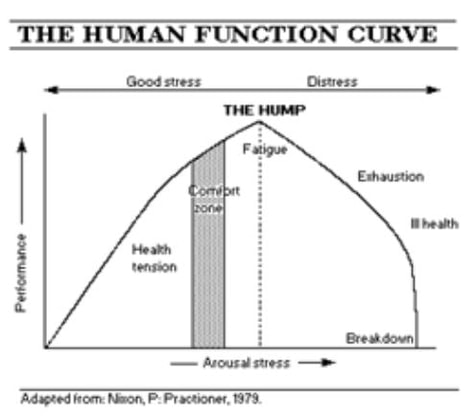 stress /ˈstres/ noun Pressure or tension exerted on an object or person. Stress balls were as far as my understanding of the word stress was before I stepped into my mid-twenties. To me, the implications of persistent stress can cause permanent damage to our mental and physical health, be it our bad posture resulting in muscle spasms or crazy working hours, which could slowly eat into our mental health. Difficult situations and environments can put people through varying levels of stress. According to the American Institute of Stress, there is good and bad stress. As shown in the diagram, increased stress could result in higher productivity, but only until a certain point, after which things could go downhill. However, that turning point is different for individuals so we need to be alert to symptoms of when the mental stress is going from good to not-so-good (distress). 5. lovelove /lʌv/ noun An intense feeling of deep affection. At the age of two, I remember telling my mum, dad and brother: 'I labba you' and that was as far as love meant for me. Since I was a toddler, I watched several movies, especially Bollywood movies, which are almost always love stories and I still didn't understand what all the fuss was about and why people did stupid things for someone they just met. For instance, a typical Bollywood plot in the '90's would involve a daughter of a rich man falling in love with a poor guy and when the parents are against the relationship, the daughter ditches her platonic love of twenty years and picks her romantic love of a month or so. How ungrateful is that? Everyone has a different definition for love and some people may have amazing love stories of eloping and living happily ever after... however, personally I feel that romantic and platonic love should be held accountable on equal principles, with different types of 'feelings' associated to them. Romantic love is often described as being accompanied by 'butterflies', excitement, passion and desire, while platonic love is secure, comforting and probably a bit more boring. From what I have experienced, a combination of traits like the below are (or should be) common in either types of love:
“Let love be genuine; hold fast to what is good.” – Romans 12:9 6. fearfear /fɪə/ noun An unpleasant emotion caused by the threat of danger, pain, or harm. I still remember a recurrent nightmare that I used to have as a small child, of an angry brown bear that chased me down the stairs of an apartment block (like they do...). I was also afraid of spirits possessing my favourite baby dolls, to the point that I locked them up in a cupboard for several years and didn't go near them, thanks to a not-so-considerate uncle and his terrible horror stories. In my case, fear back then was based on superficial stories which disappeared over time as I came to realise how bears don't really like living in cities and spirits probably have better things to do than to haunt young children. Nowadays, I feel like fear is more about the future or about failure. This comes in different times and is amplified by situations, but there is an unseen level of societal pressure of living the 'perfect life', which could make a perfectly normal and successful person in their own rights, wonder if they're 'on track' or not as successful as others. Sometimes we also try to predict our future and have fear about things not going as planned, when the reality is: we really don't know what will happen, even if we do everything we think is right to get the outcome we desire. I covered this topic in more detail in my blog about freaking out. As an adult, I have been afraid of change (fear of lack of control), leaving past jobs (fear of failure), leaving relationships that didn't work (fear of being alone), traveling on my own (fear of safety)... but what I have noticed is that, for all of the things I have mentioned, once I found the courage to overcome that fear and move forward, good things came out of them and I was a much stronger person than I was before then. There are more philosophical discussions around the fear of death of ourselves or loved ones, but the only 'medicine' for this topic, with death being inevitable, is: acceptance of the impermanence of everything. “Above all, don't fear difficult moments. The best comes from them." - Rita Levi-Montalcini These are just some words that I have learnt to explore a(nother) side to, over time, but who knows, the definitions could change again as we experience more of what life has to offer, molding our past and current understanding of words and the importance they hold in our vocabulary. IF YOU ENJOYED READING THIS, YOU MAY ALSO LIKE... |
Home |
Categories |
|

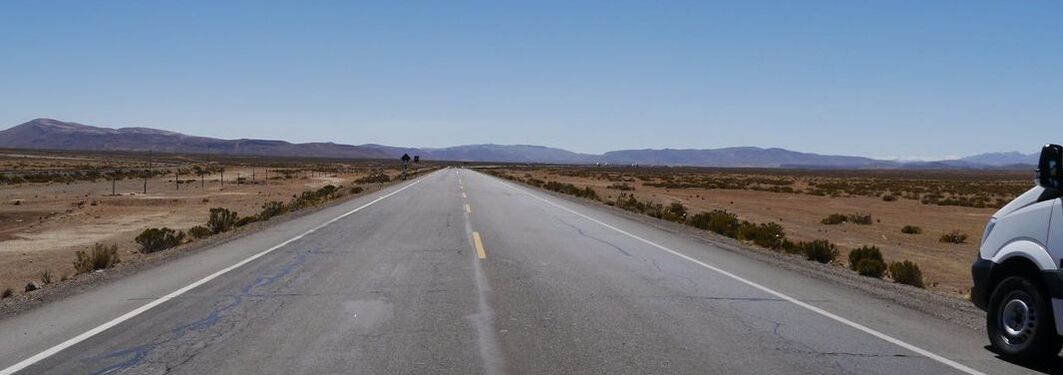
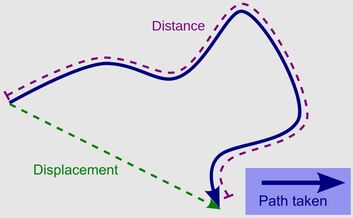
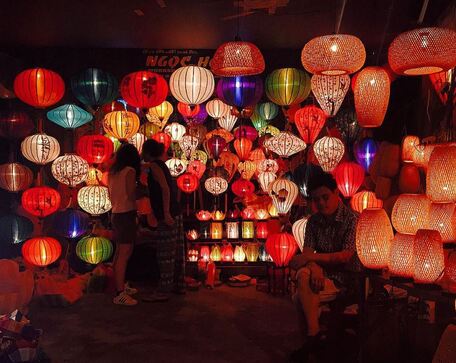
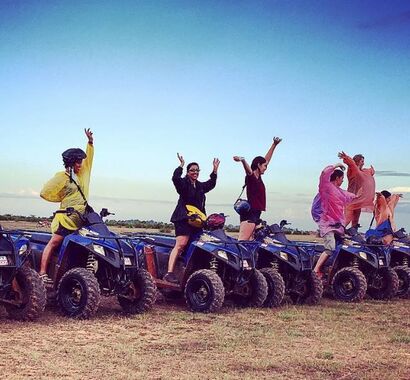
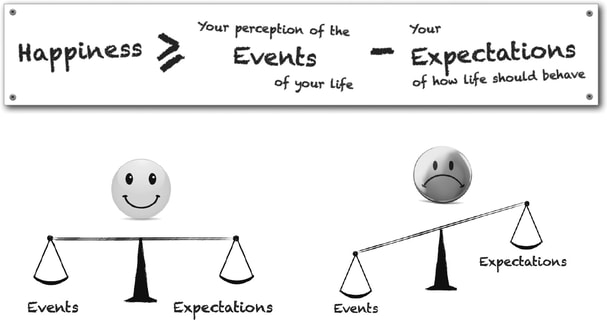
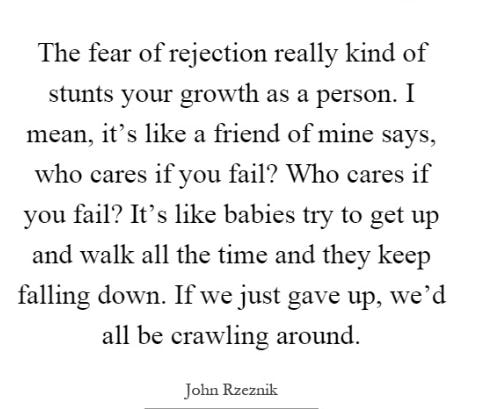
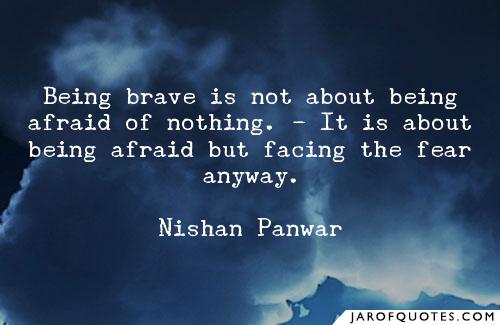
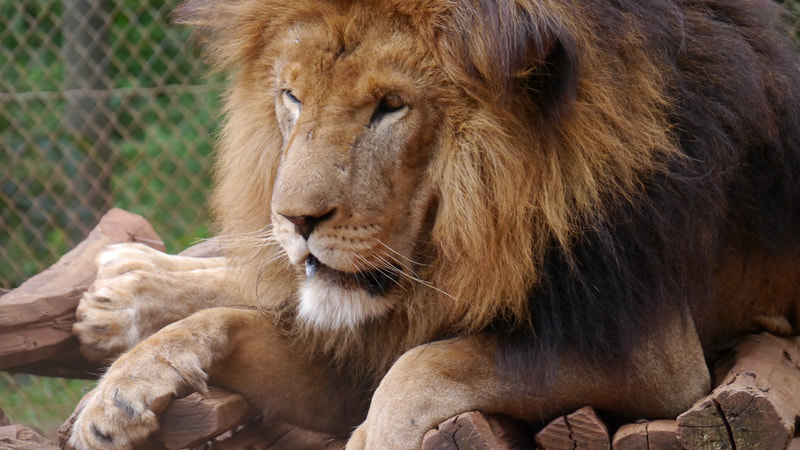
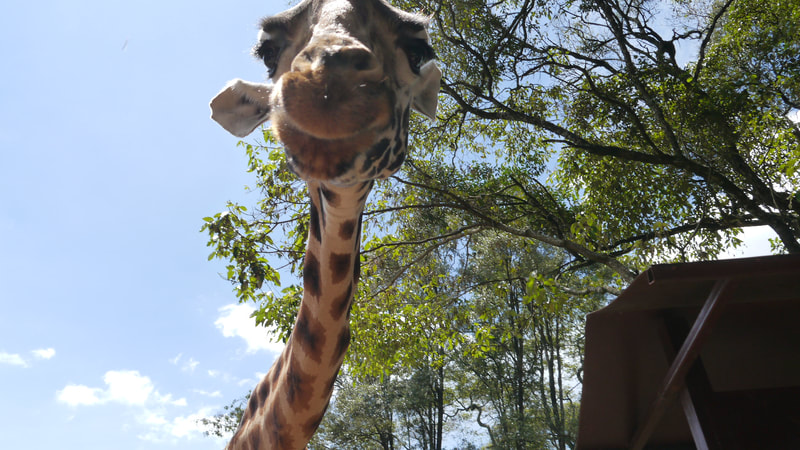
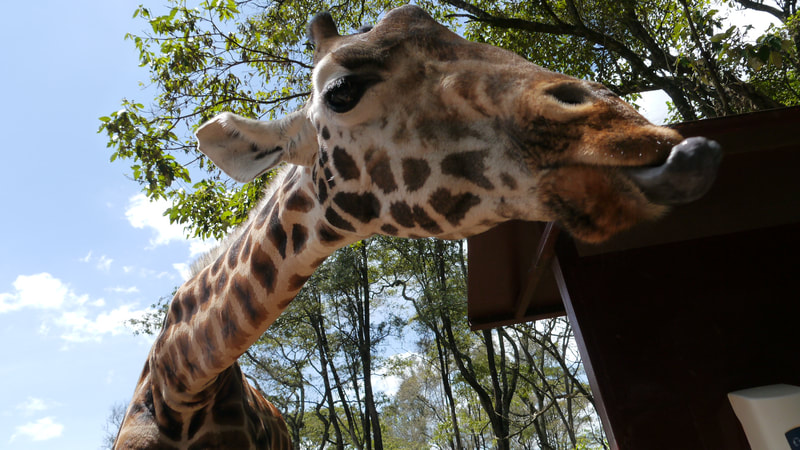
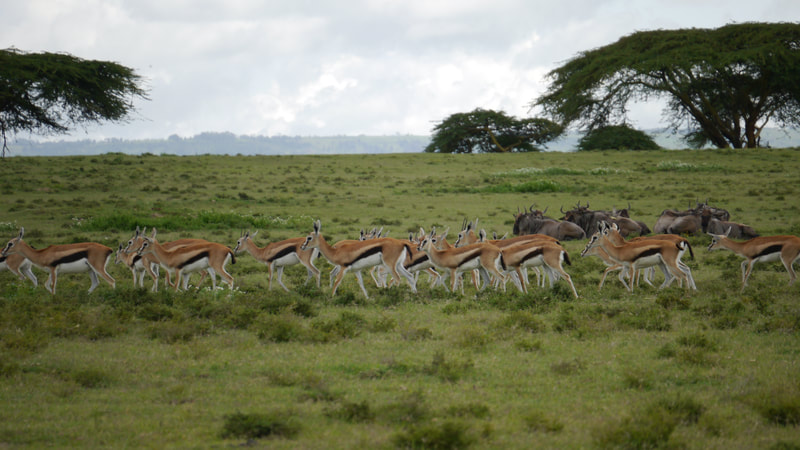
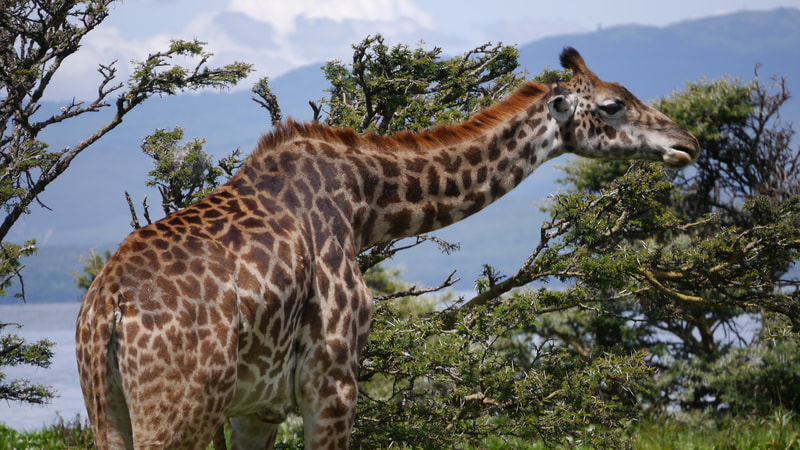
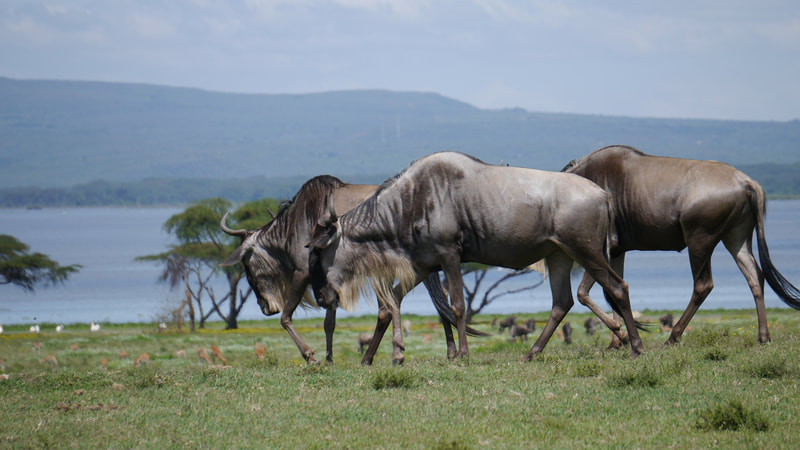
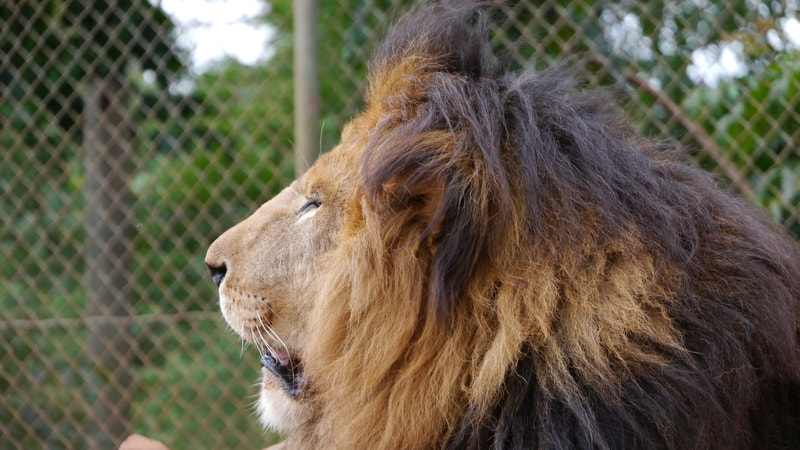
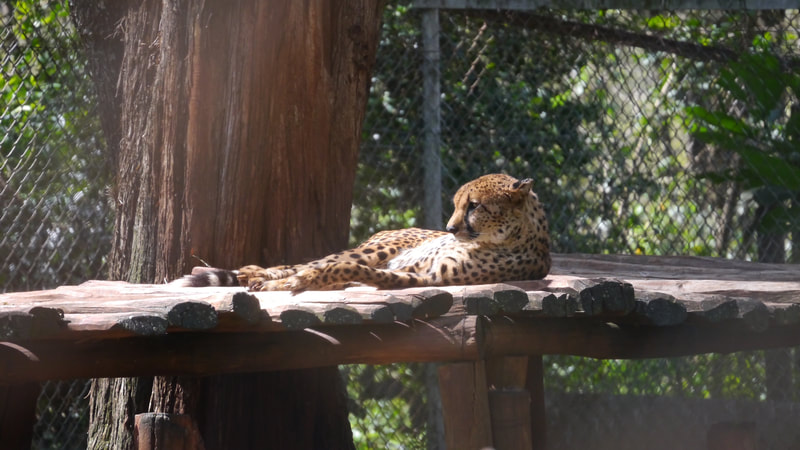
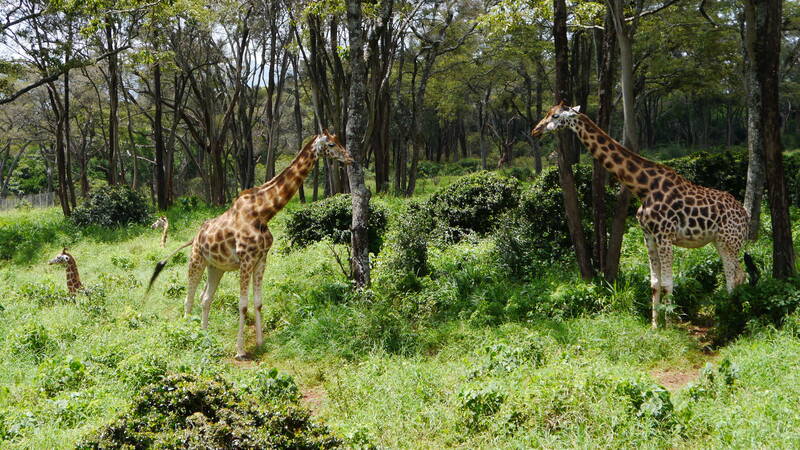
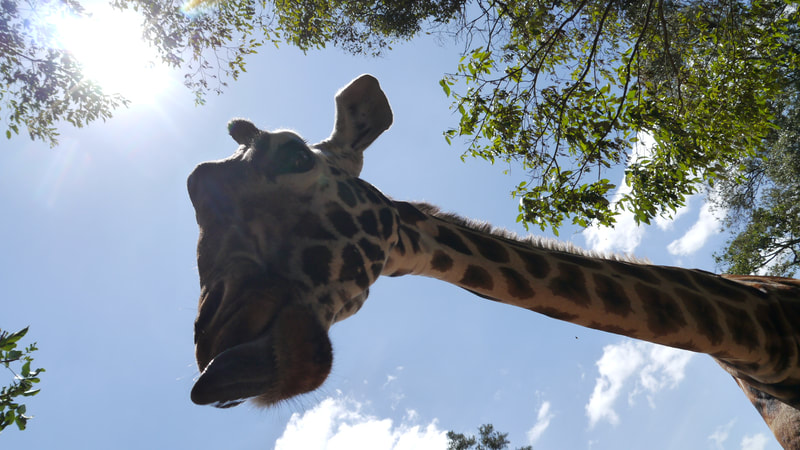
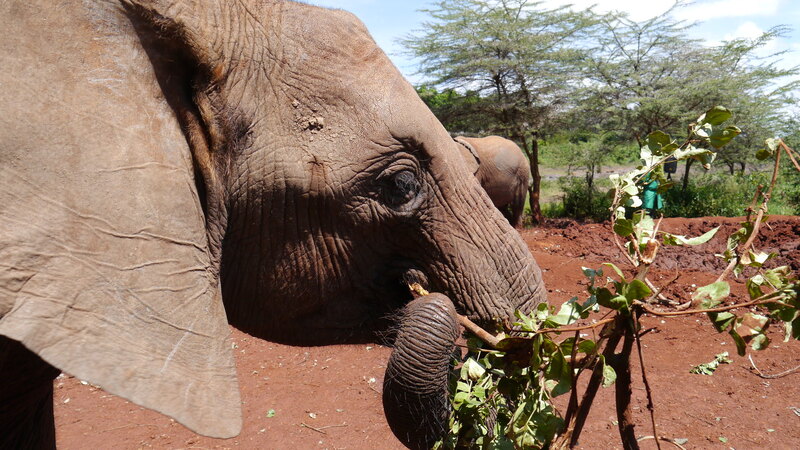
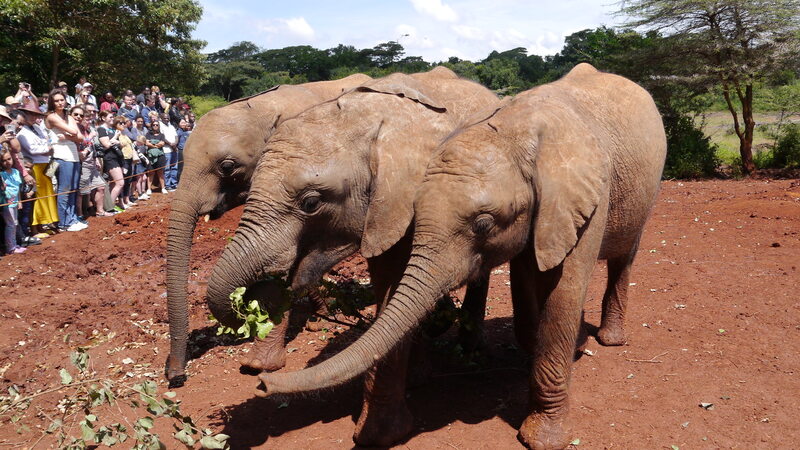
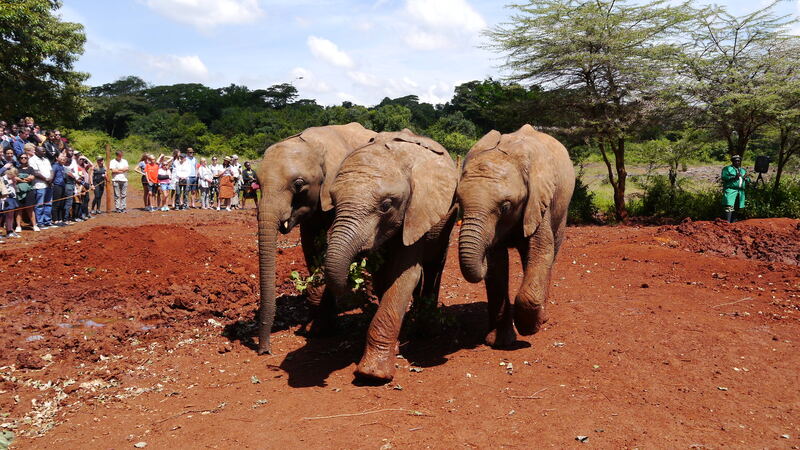
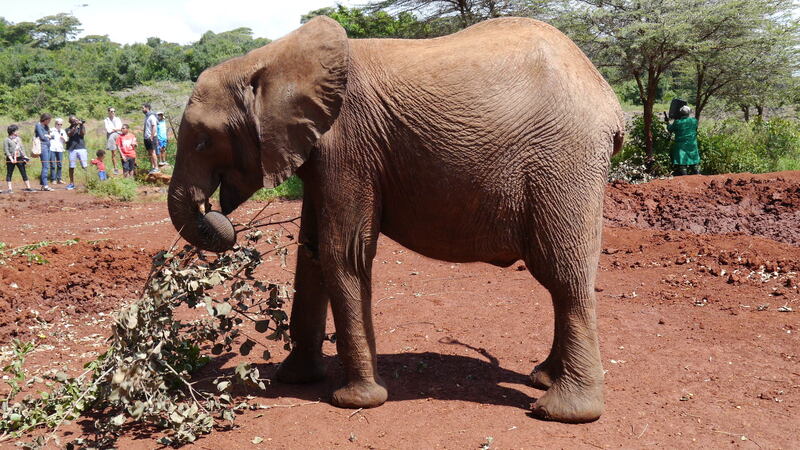
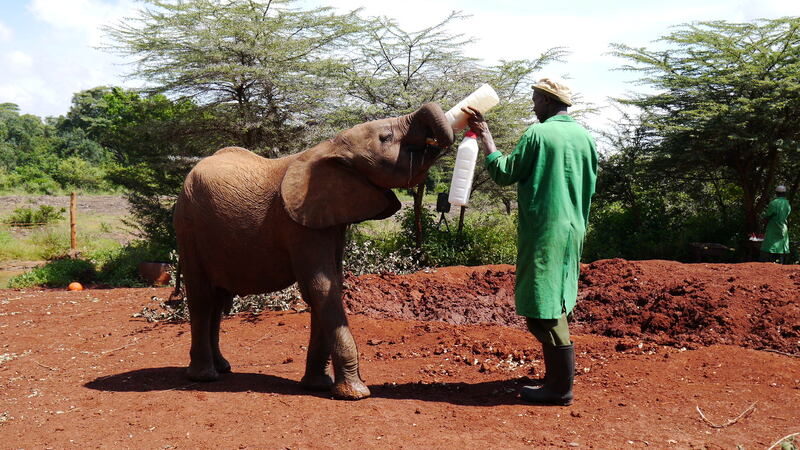
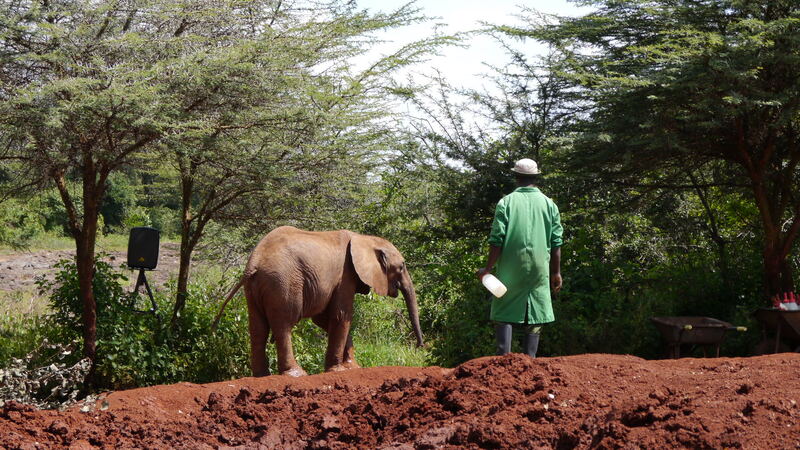
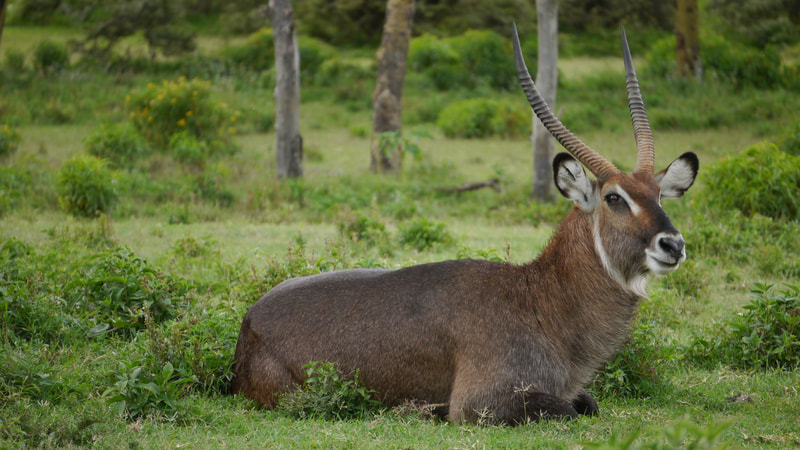
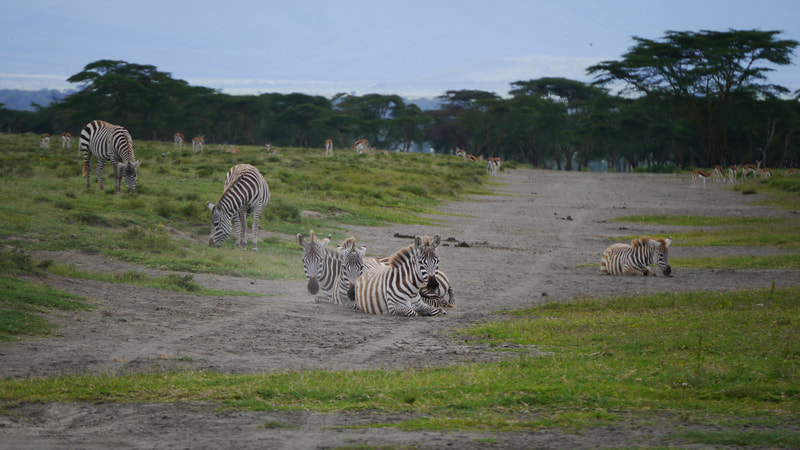
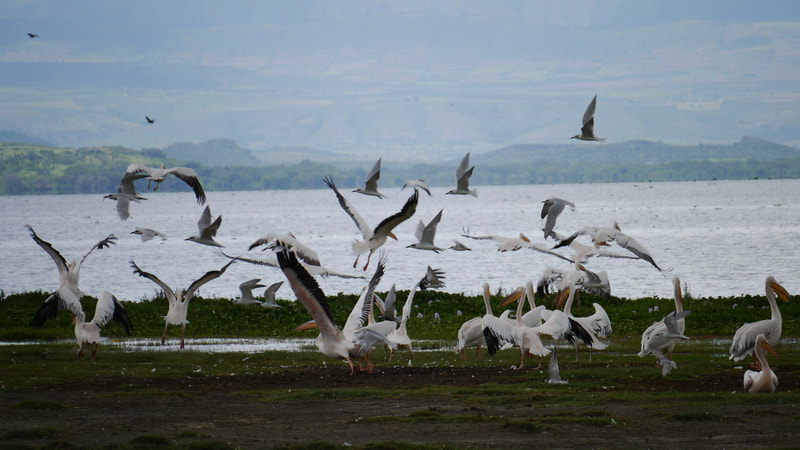
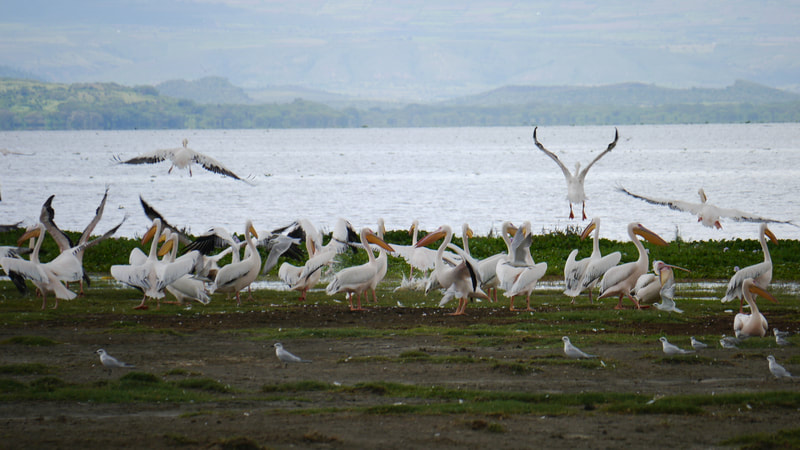
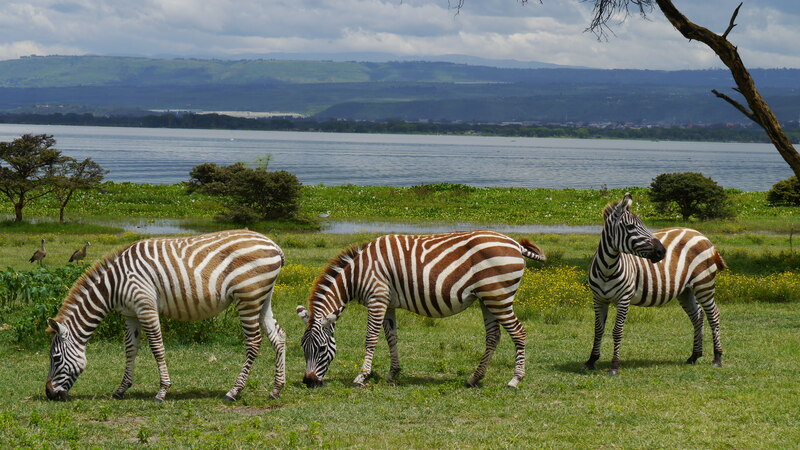
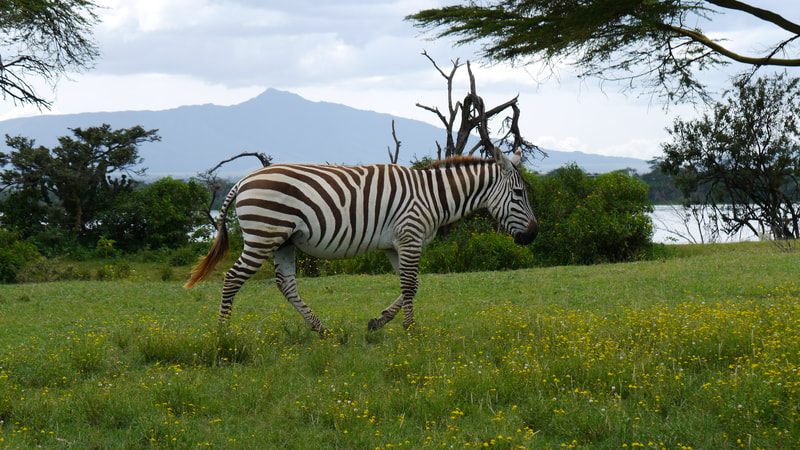
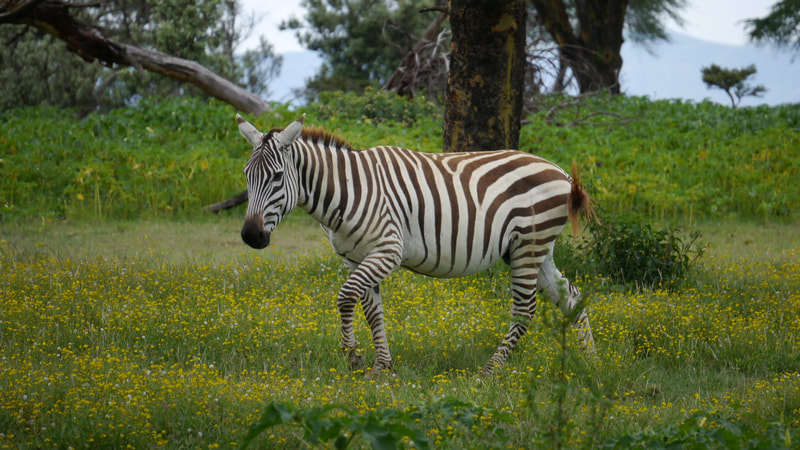
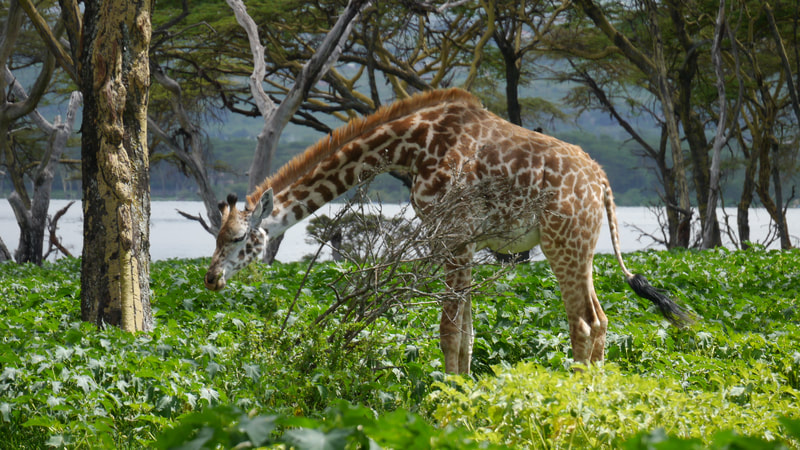
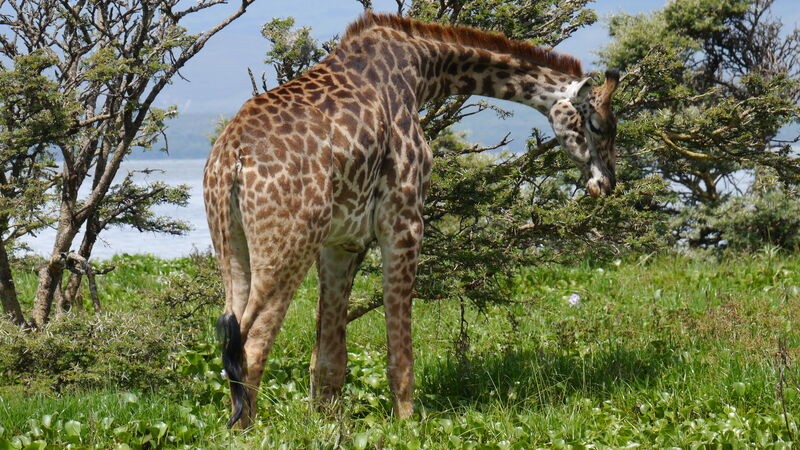
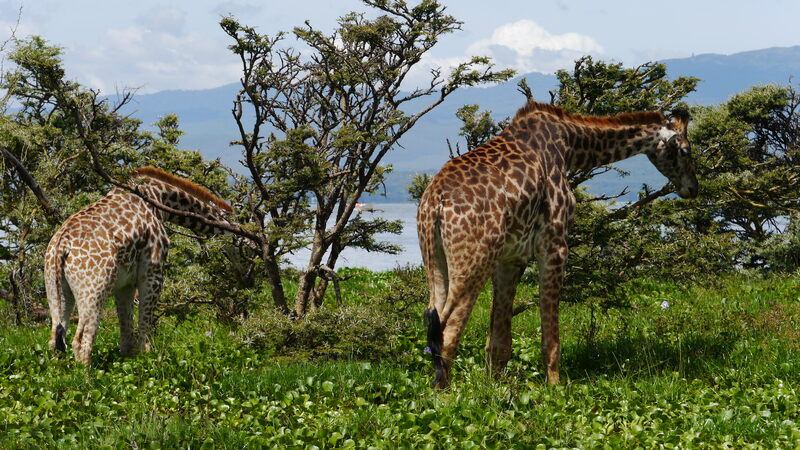
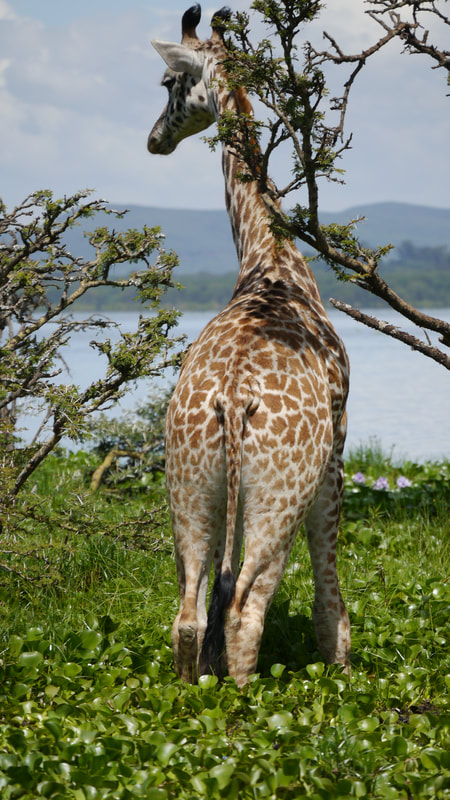
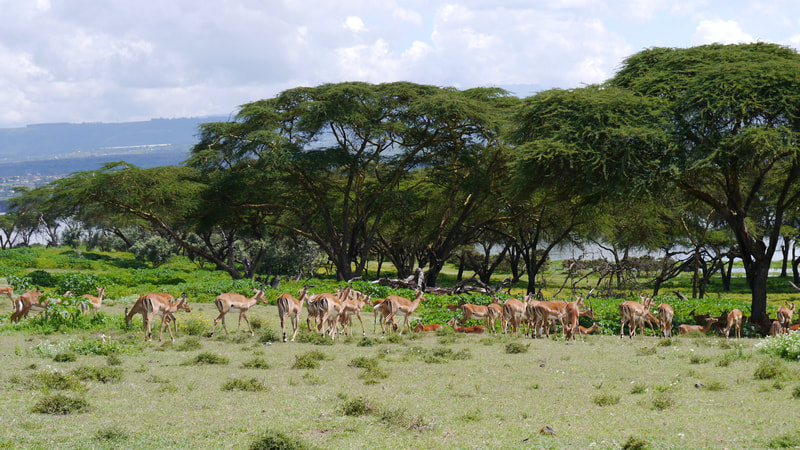
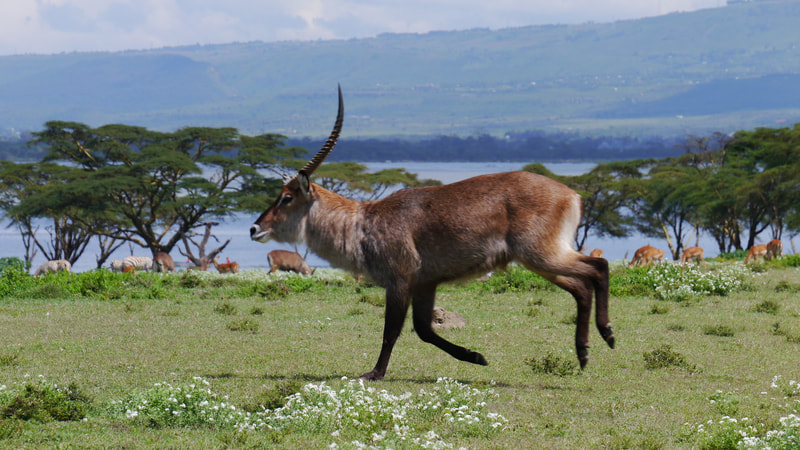
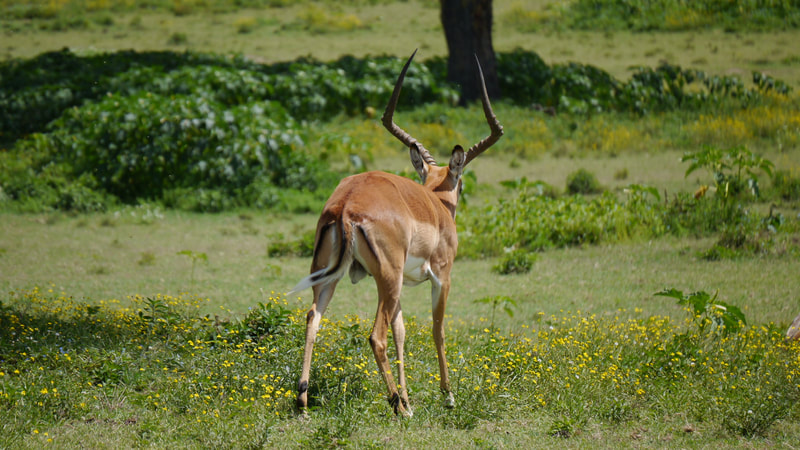

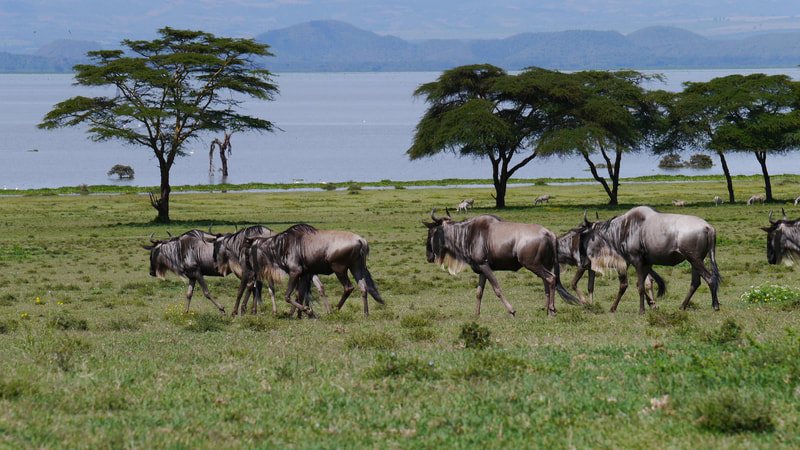
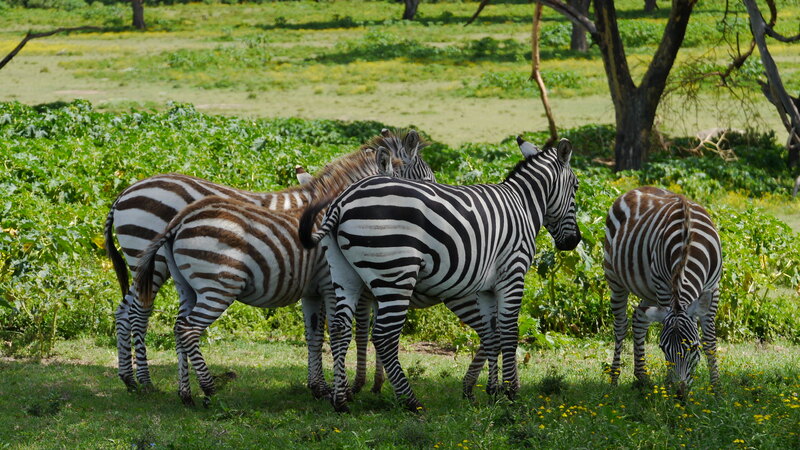
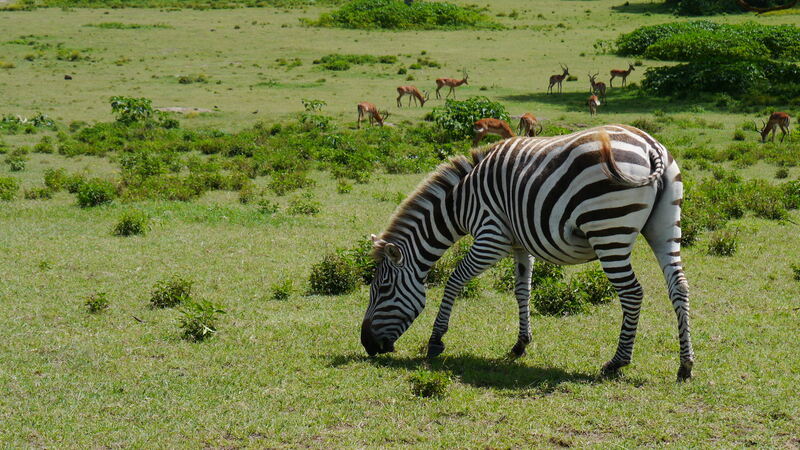
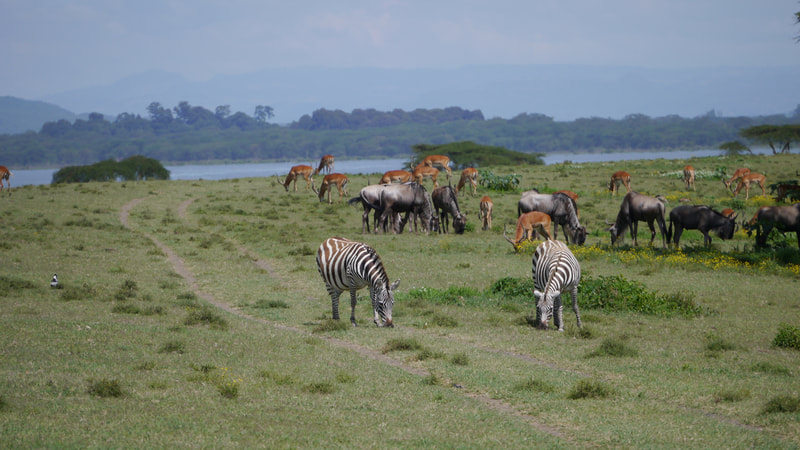
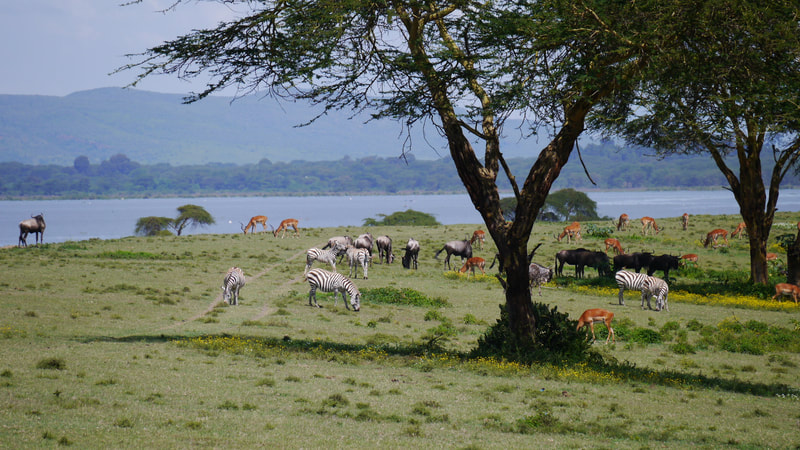
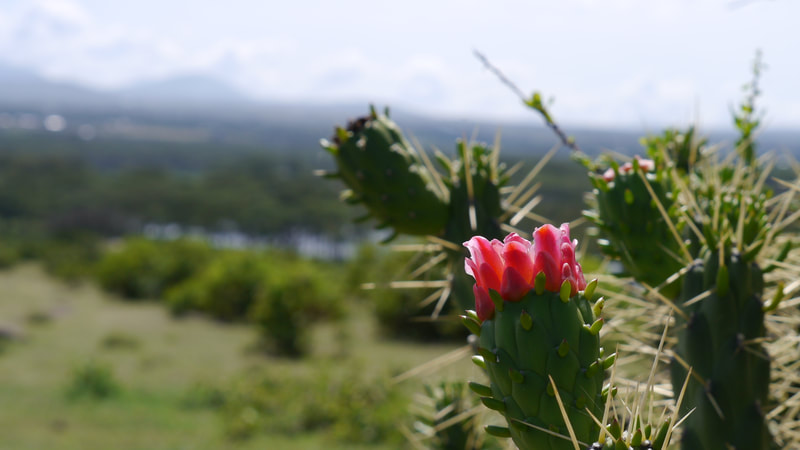
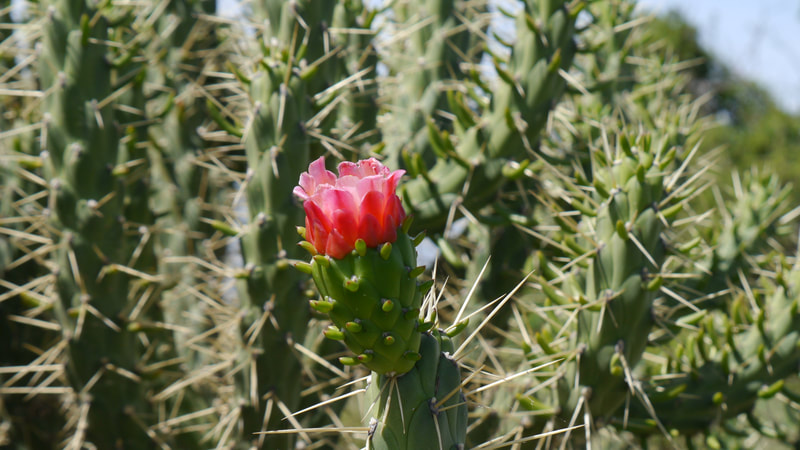
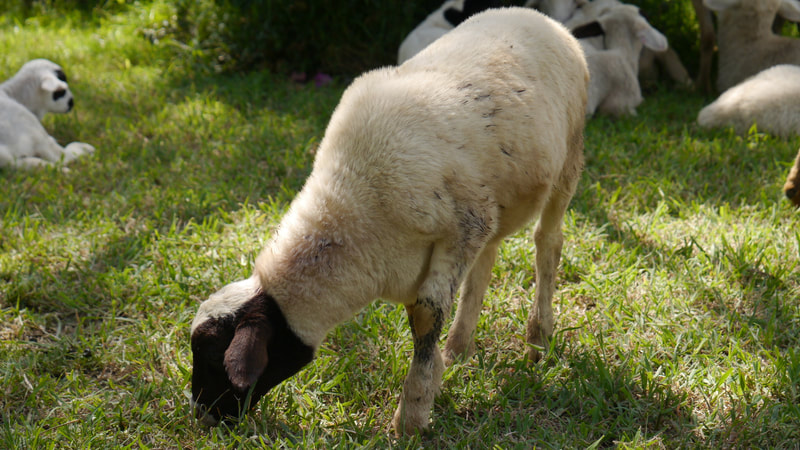
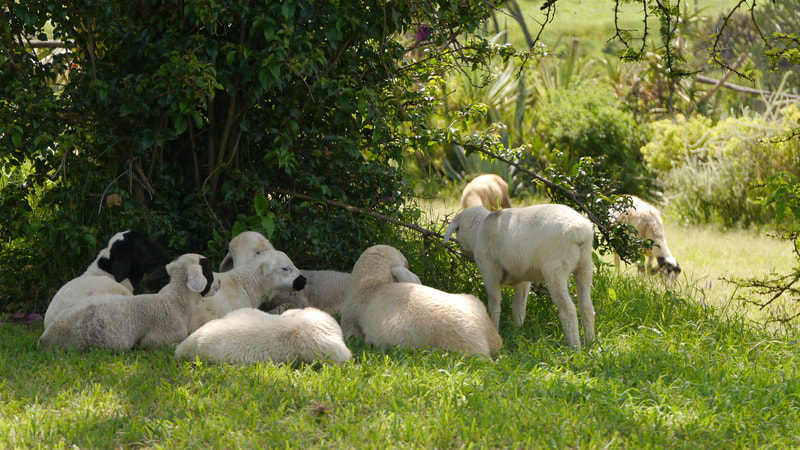


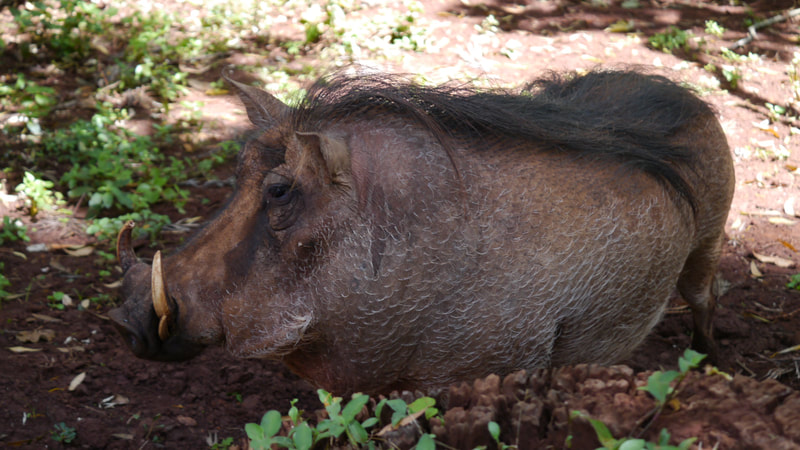

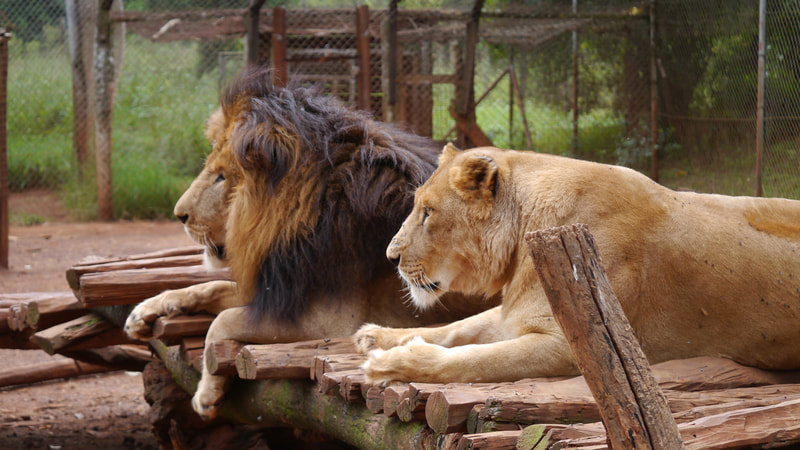
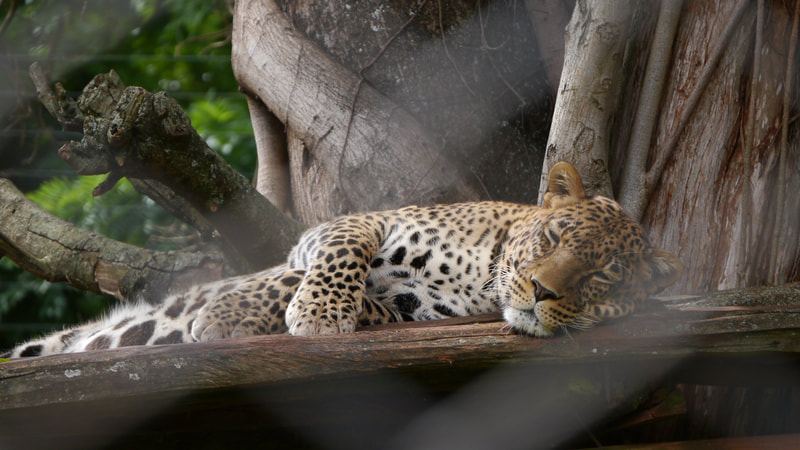
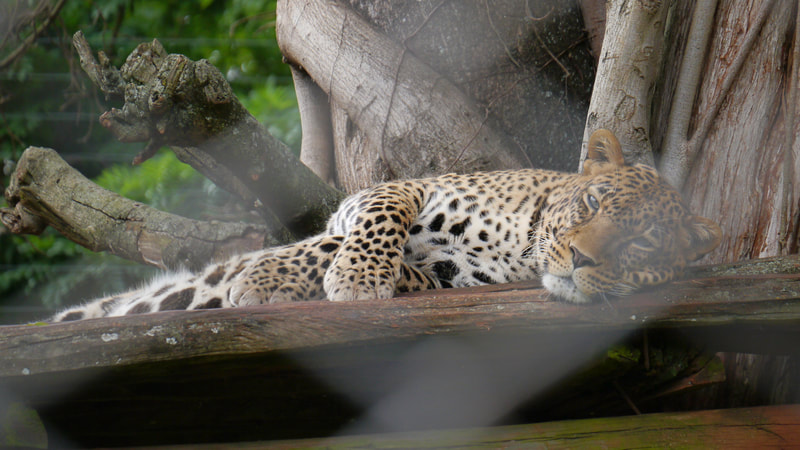
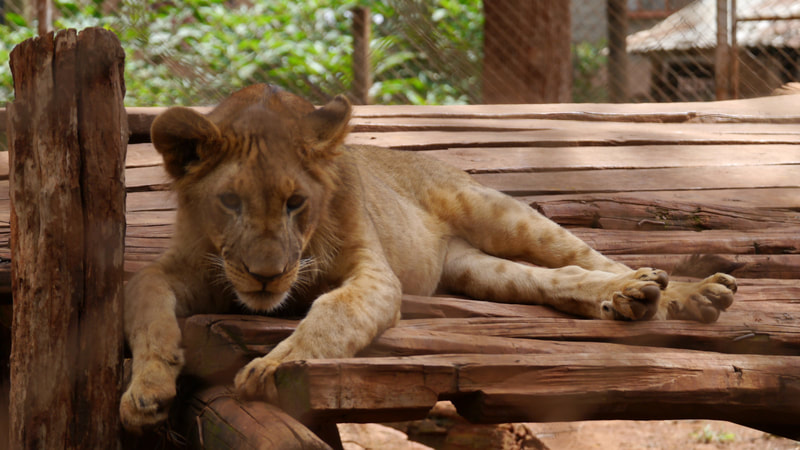
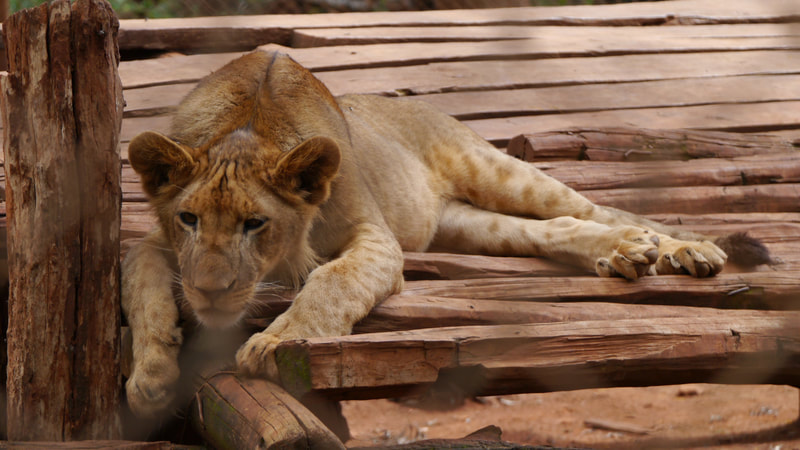
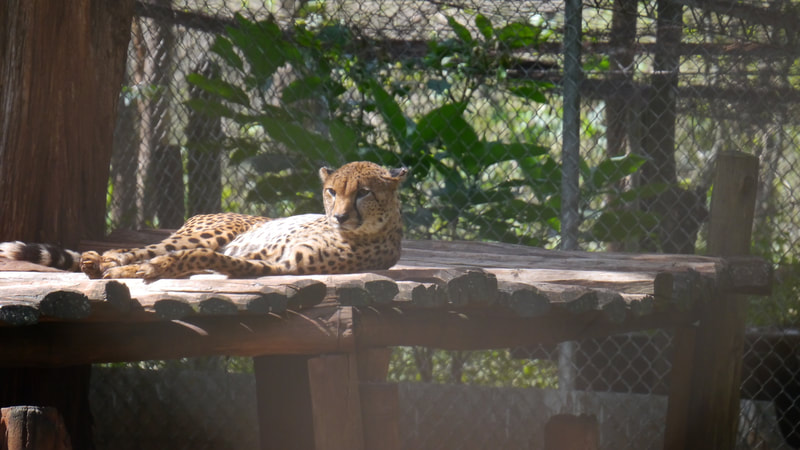
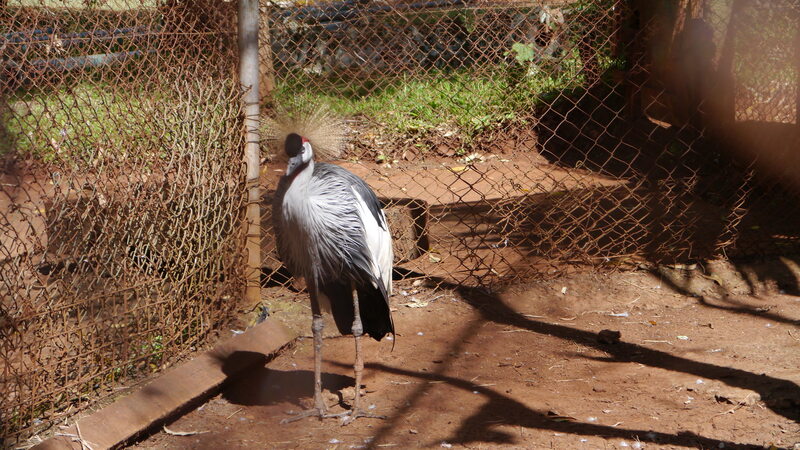


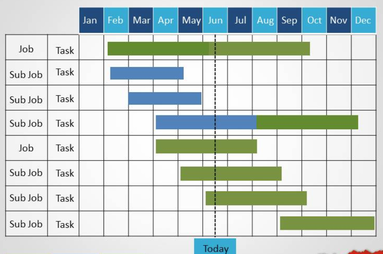


 RSS Feed
RSS Feed